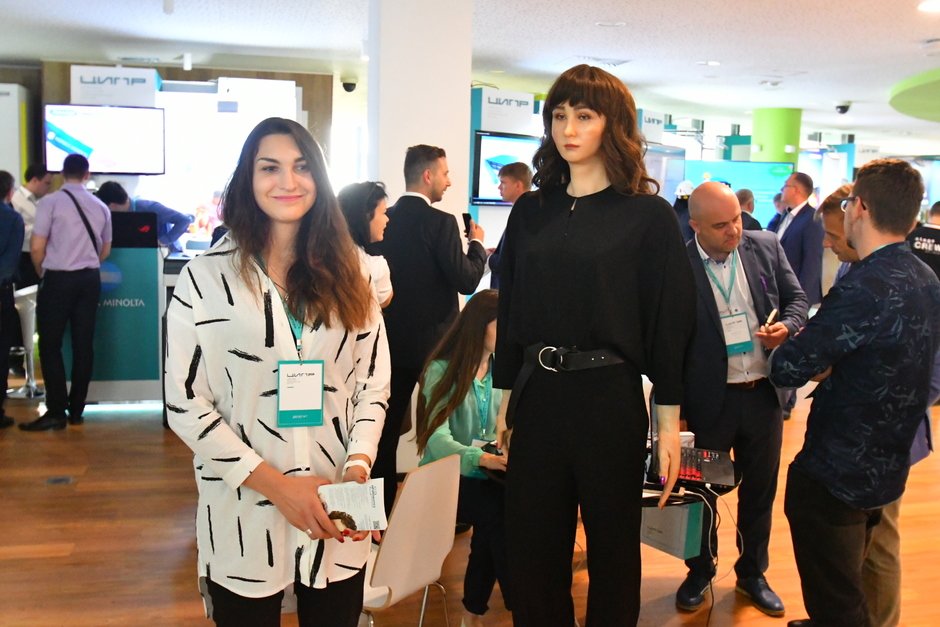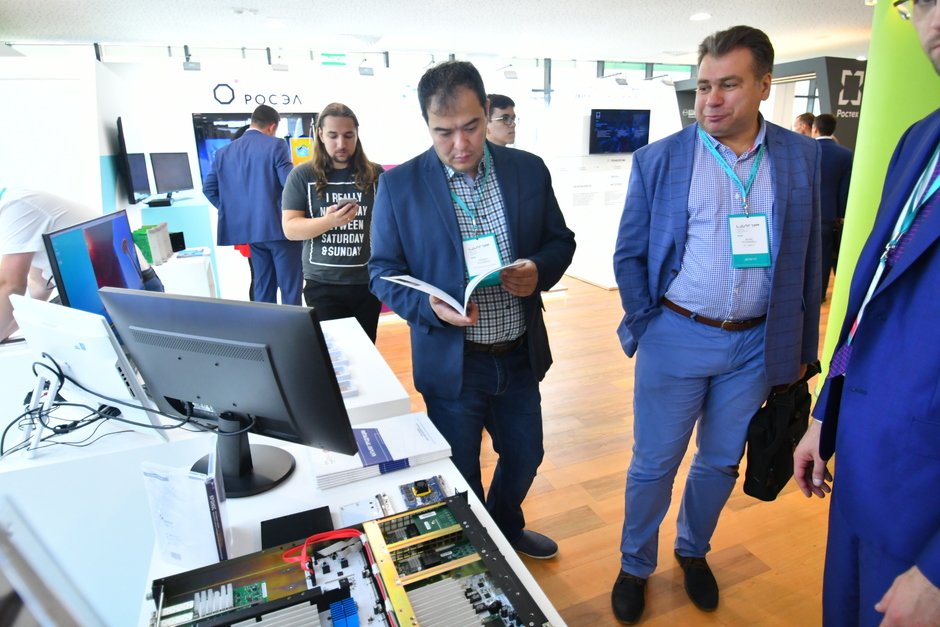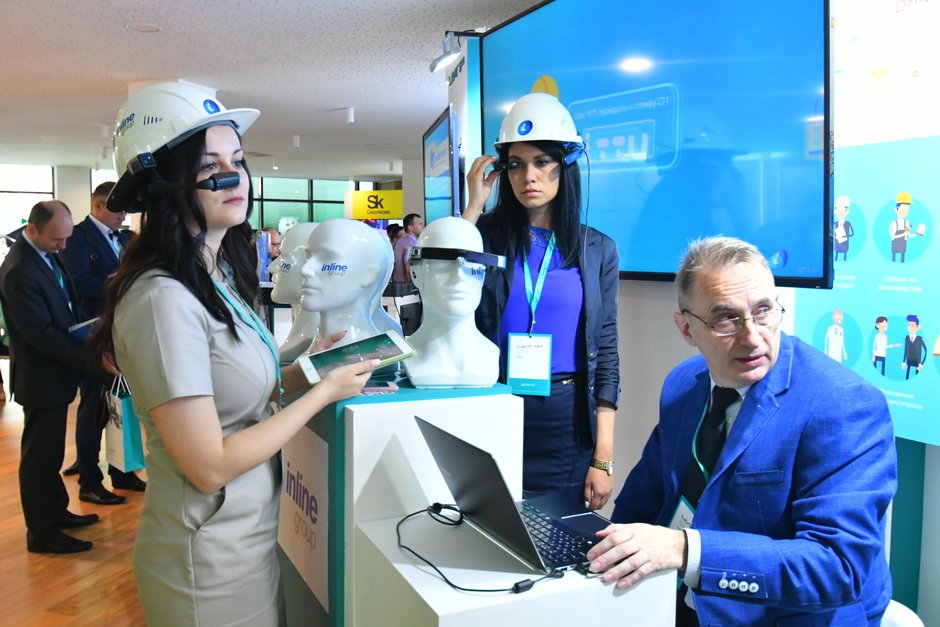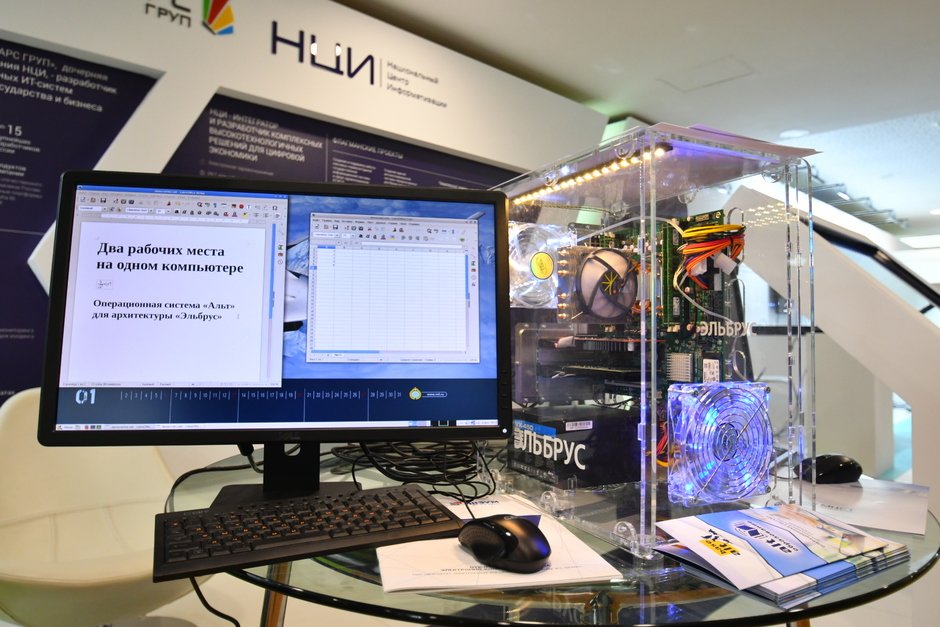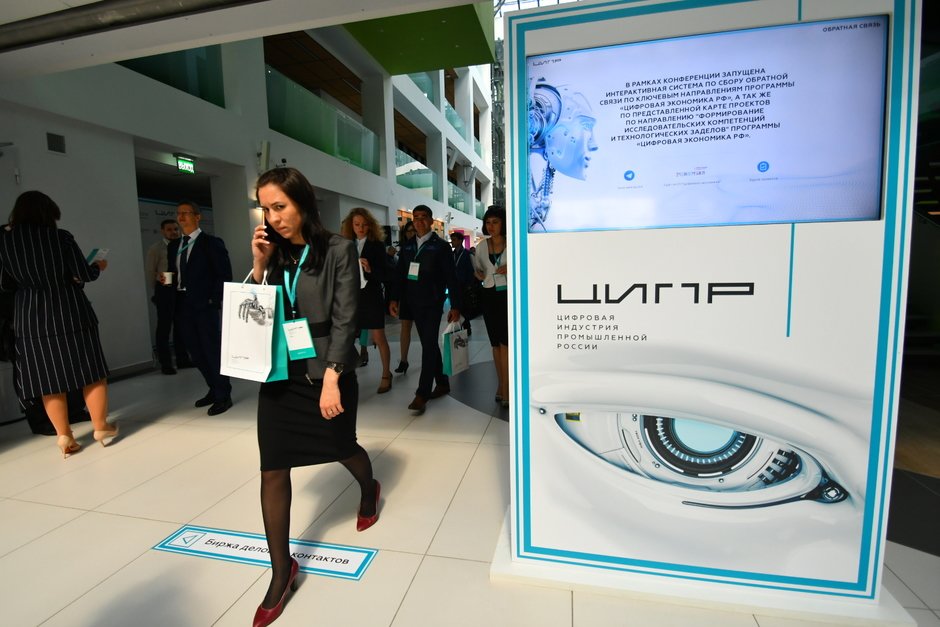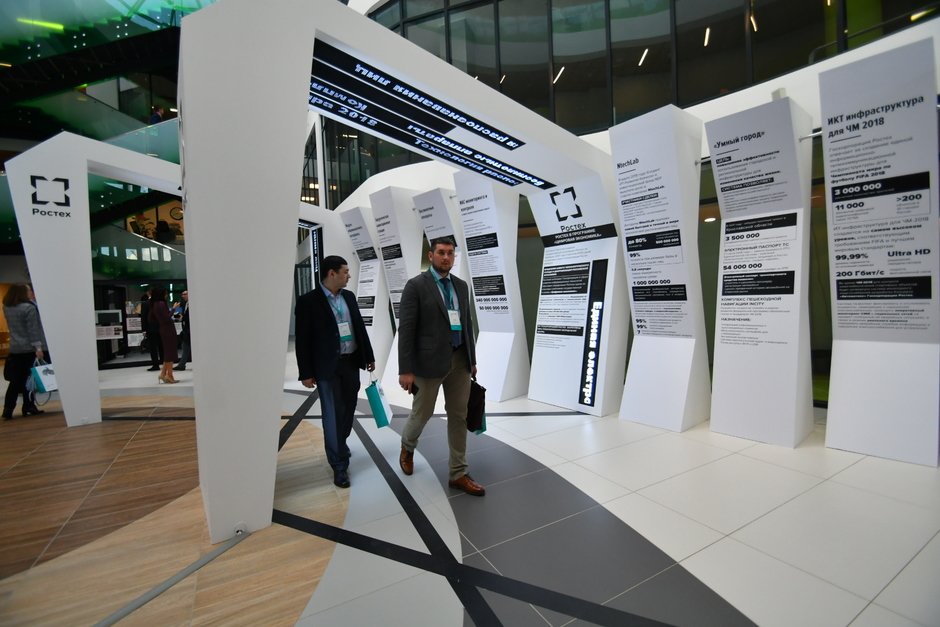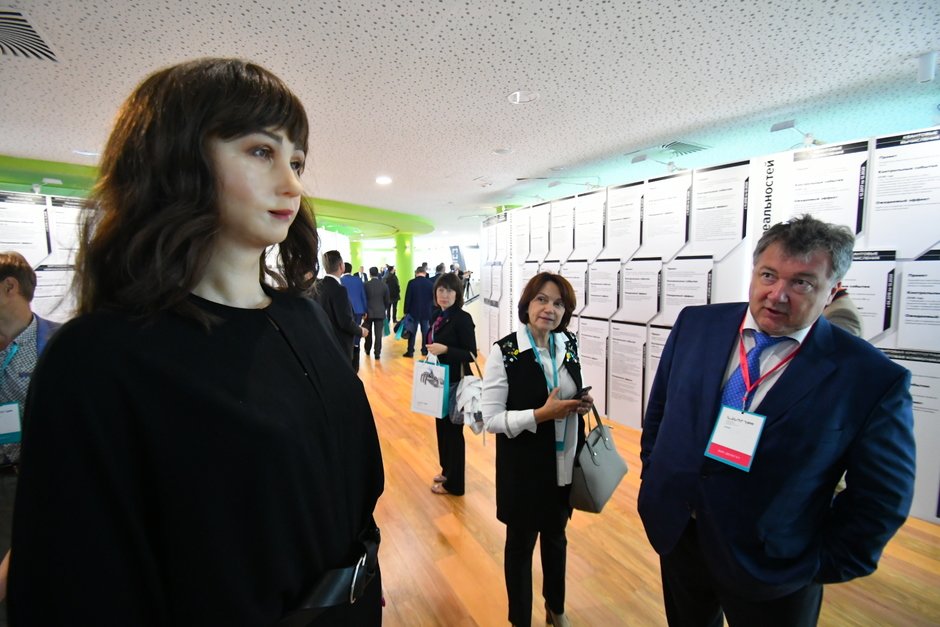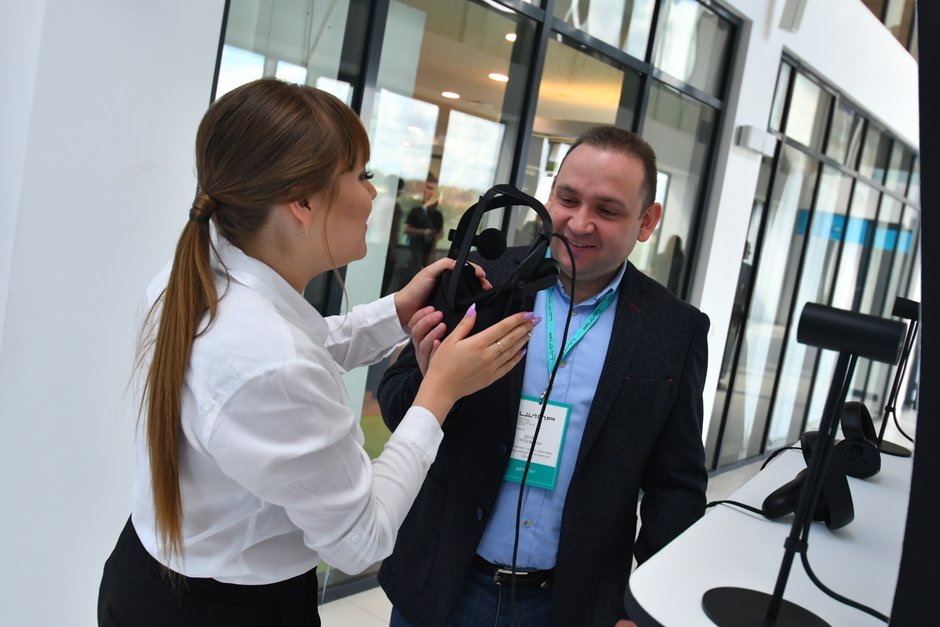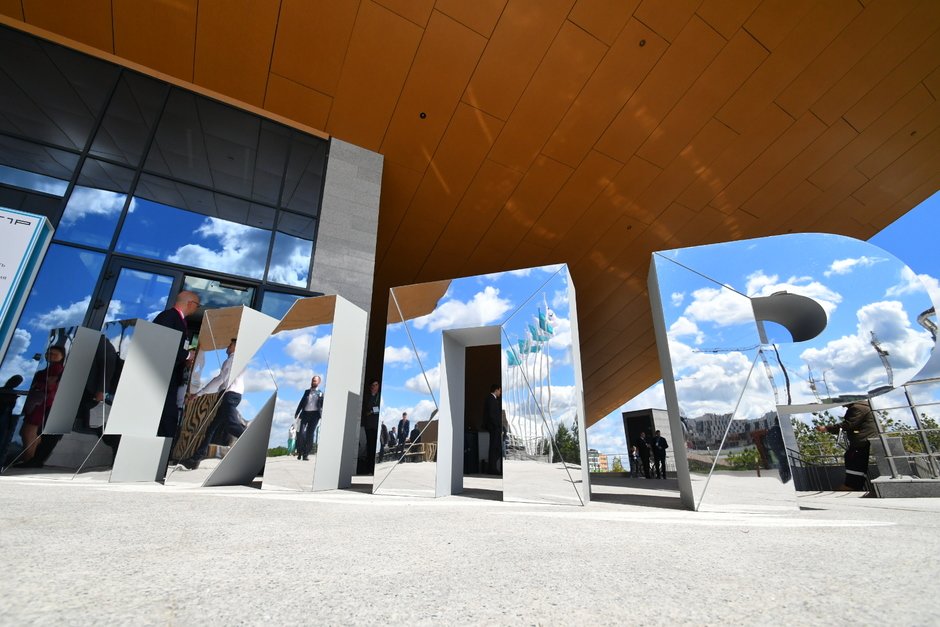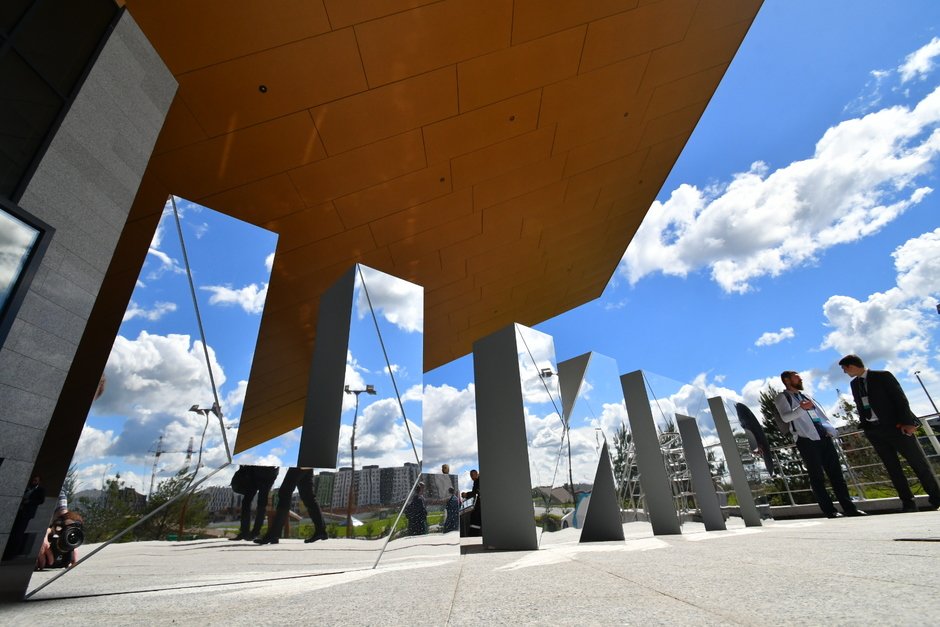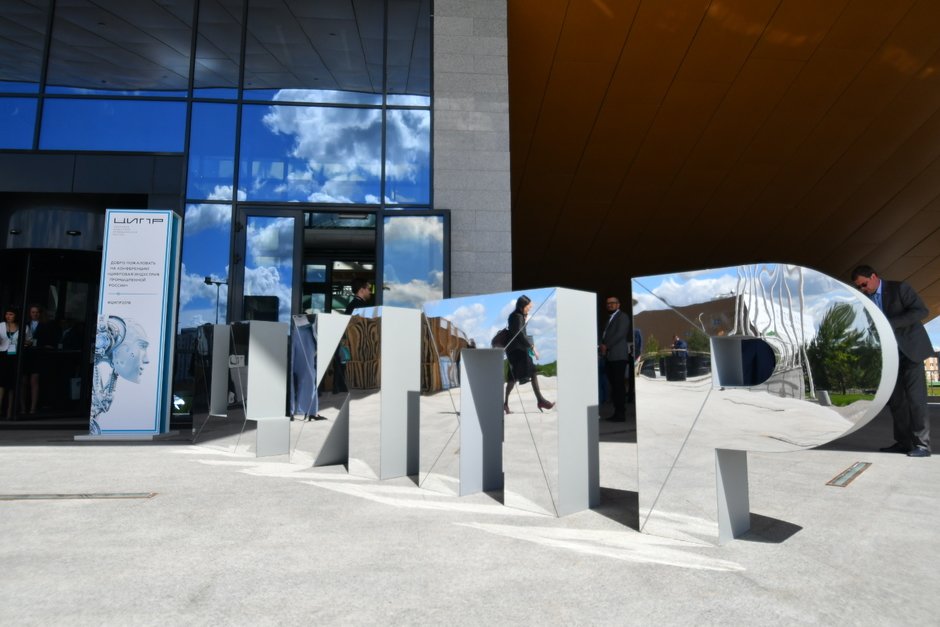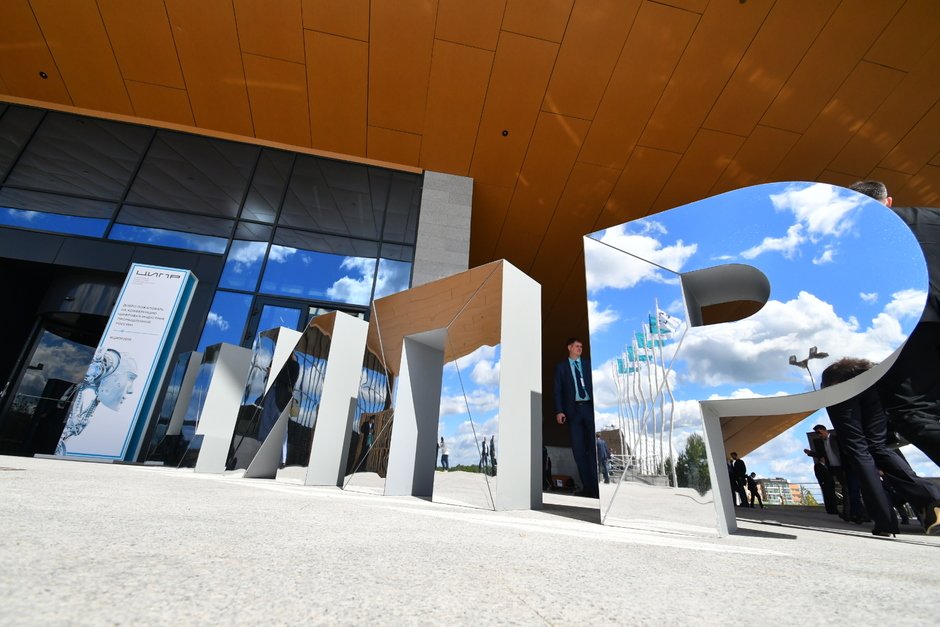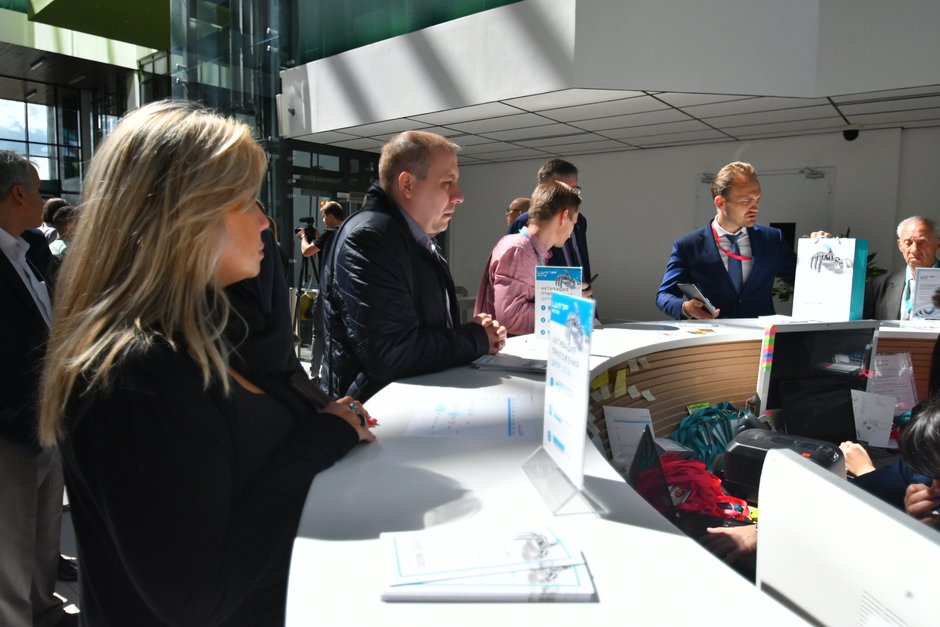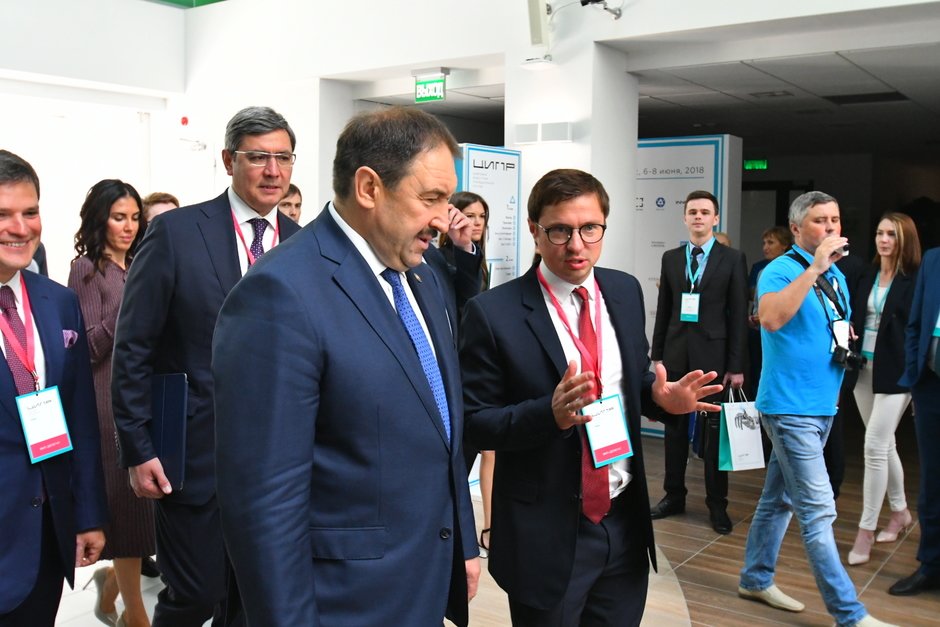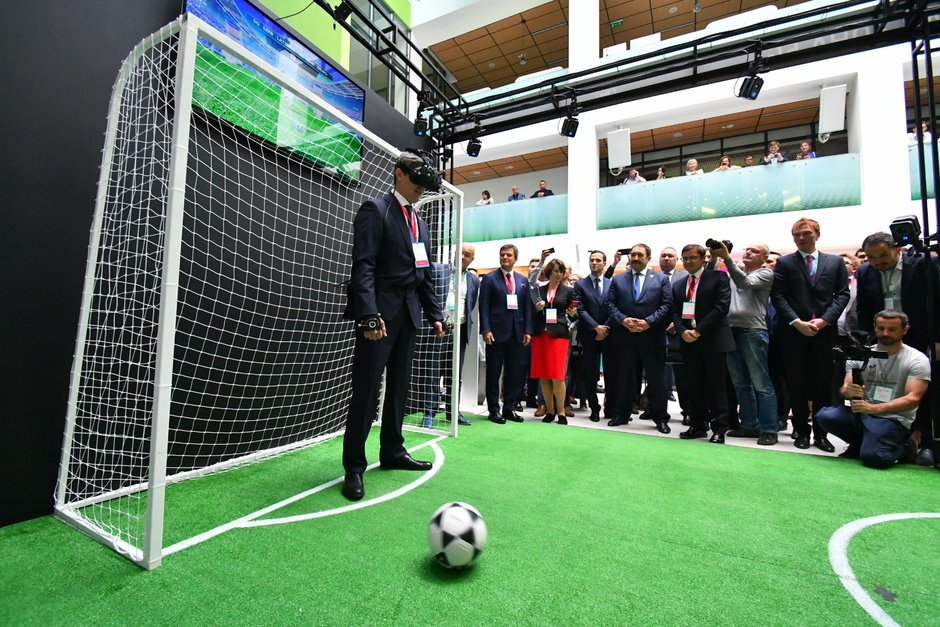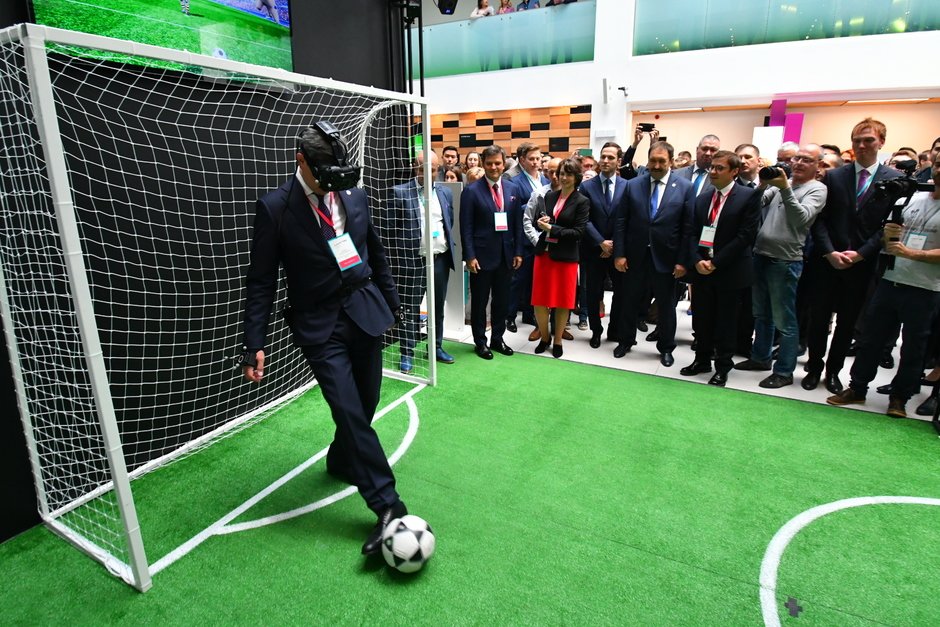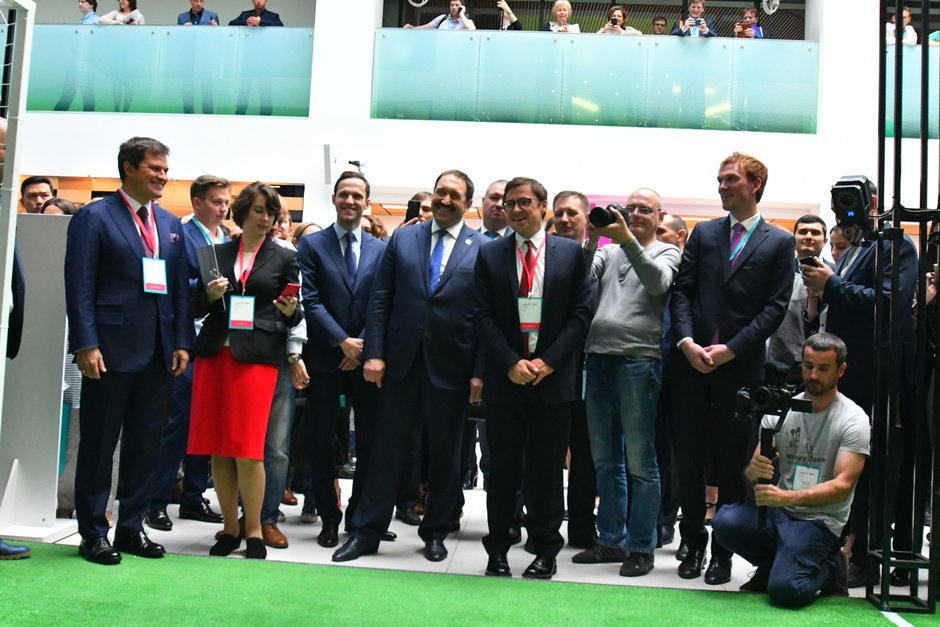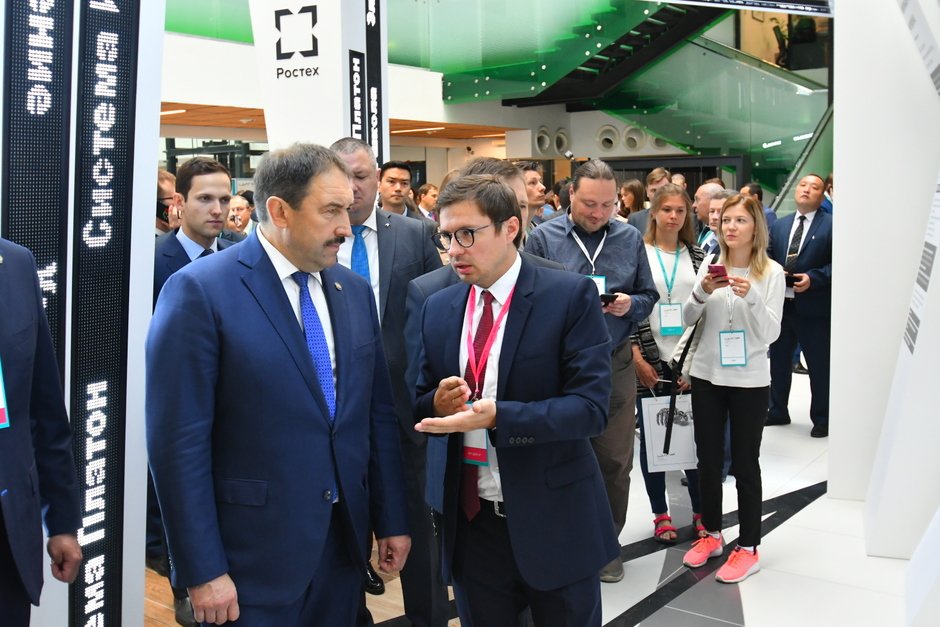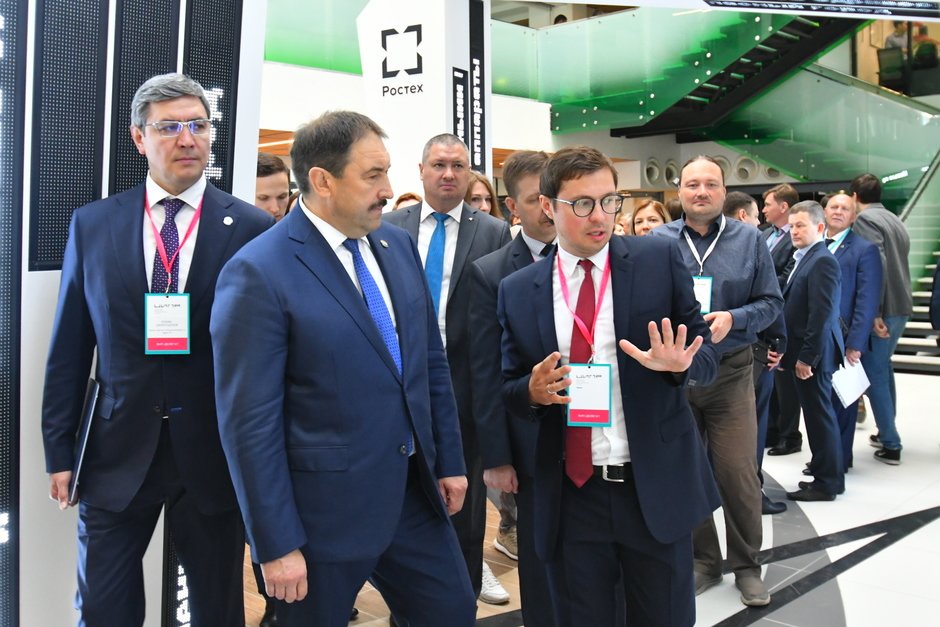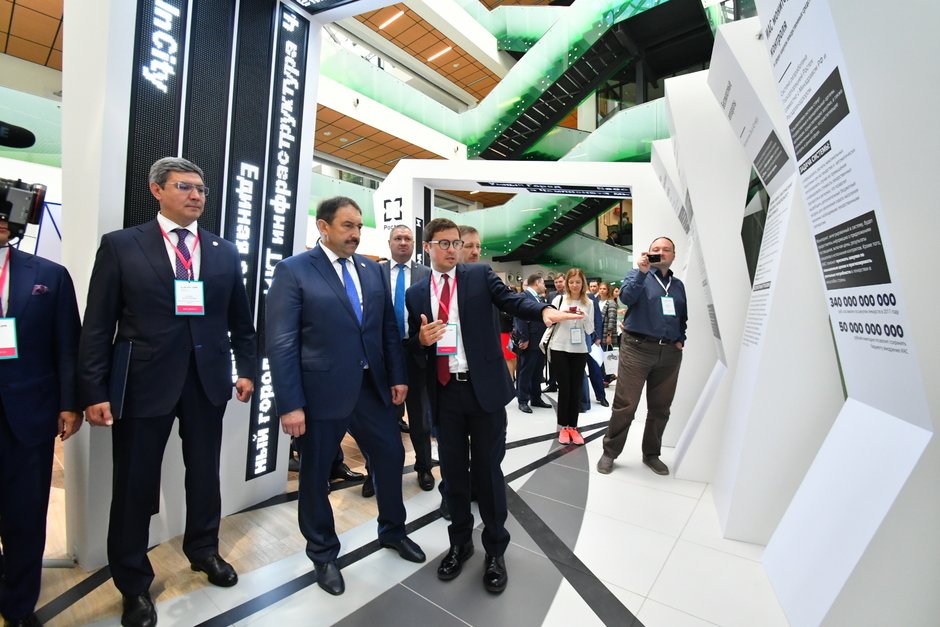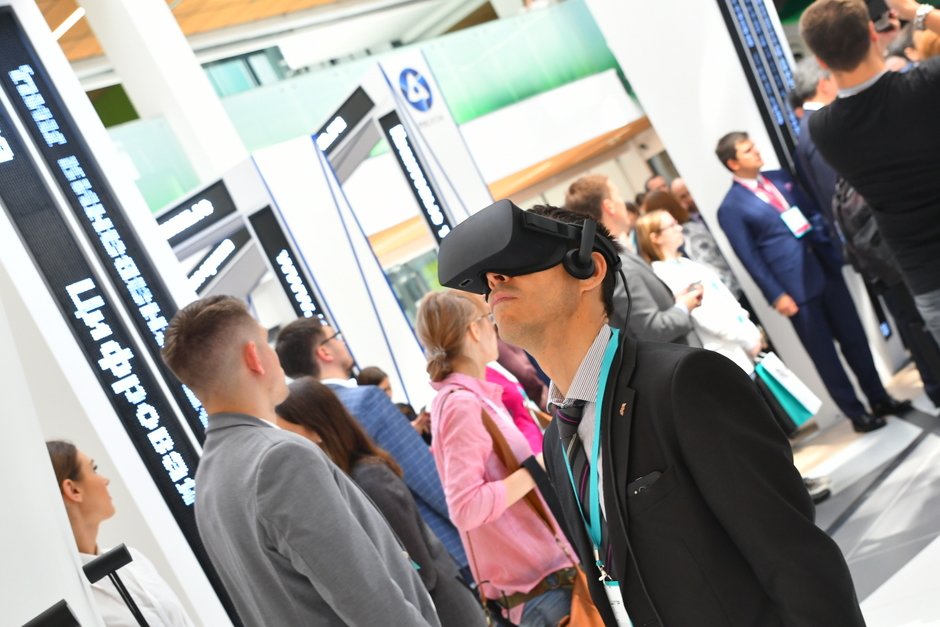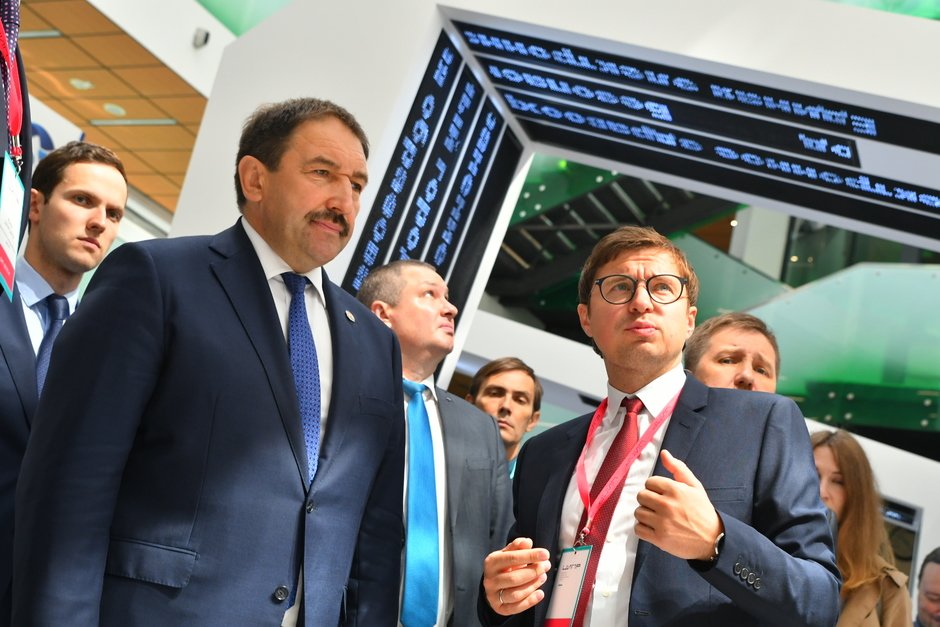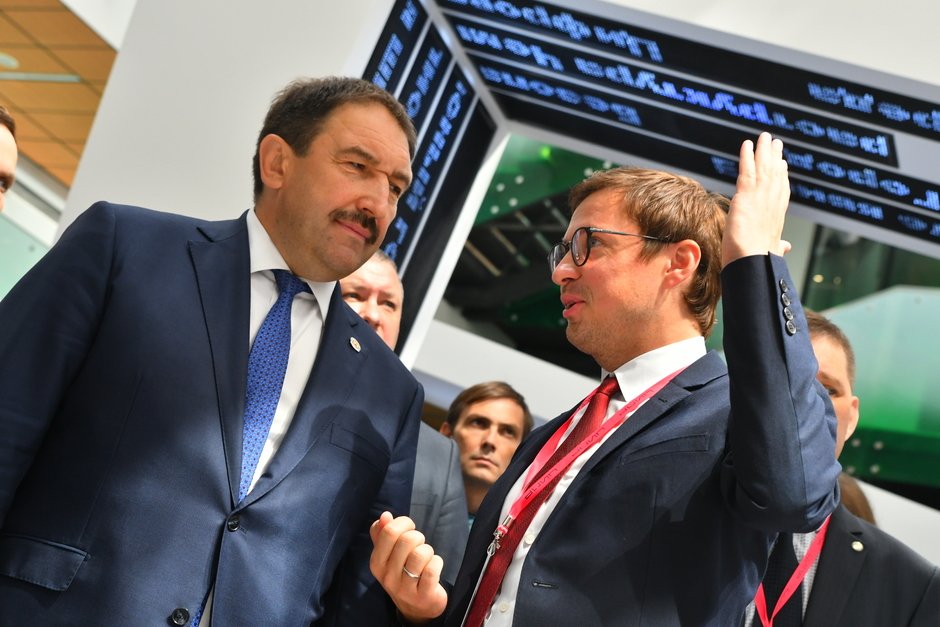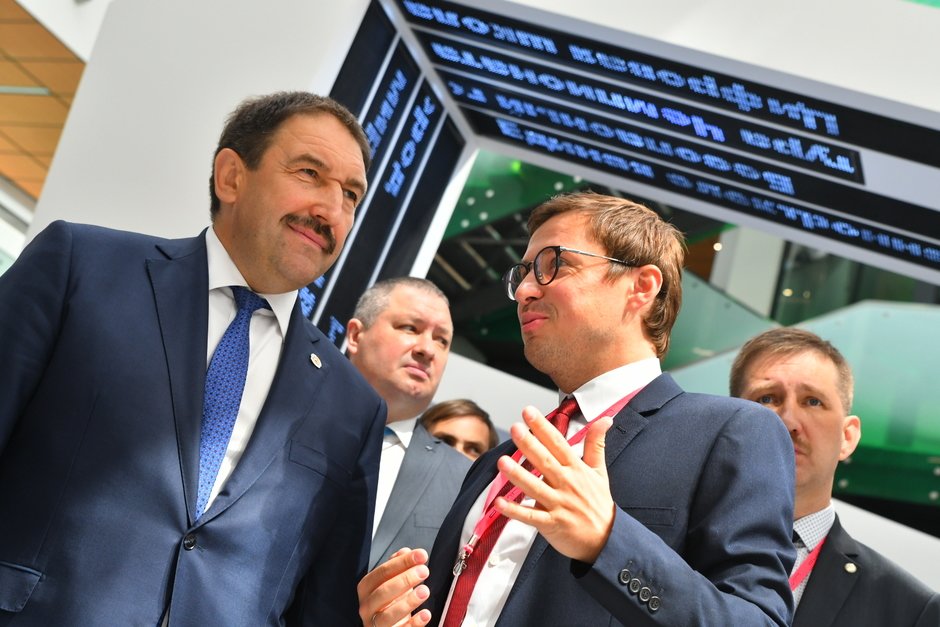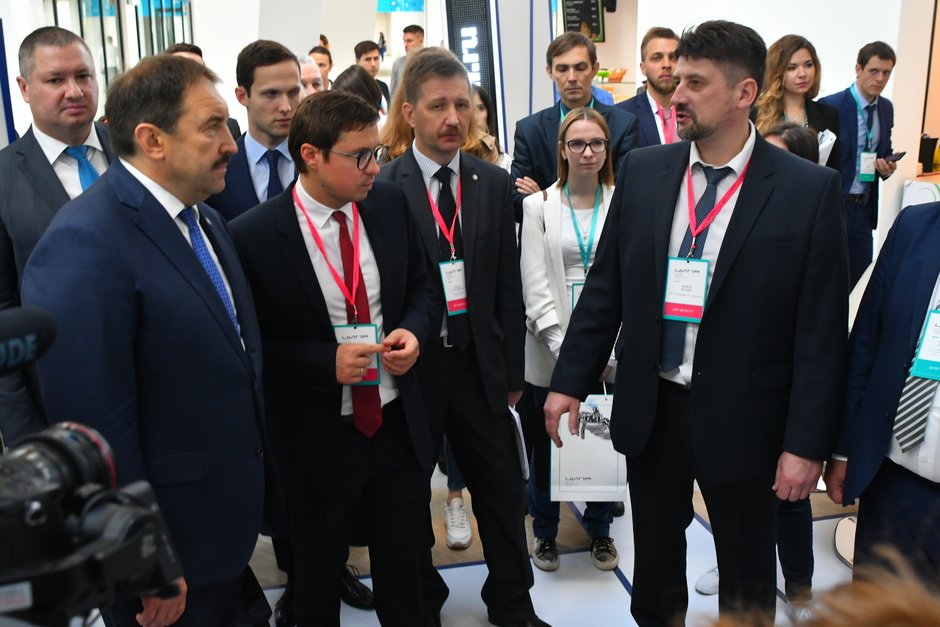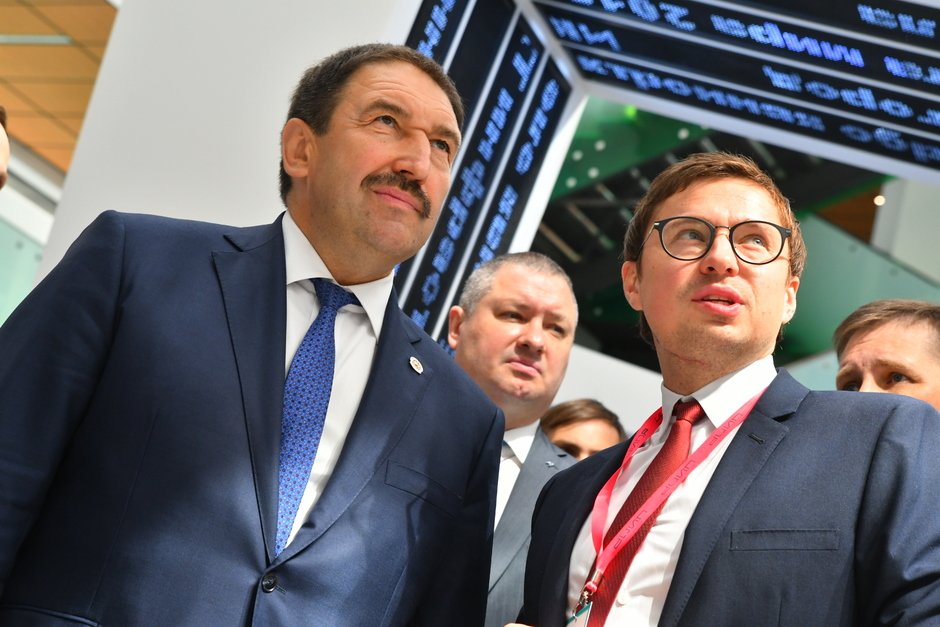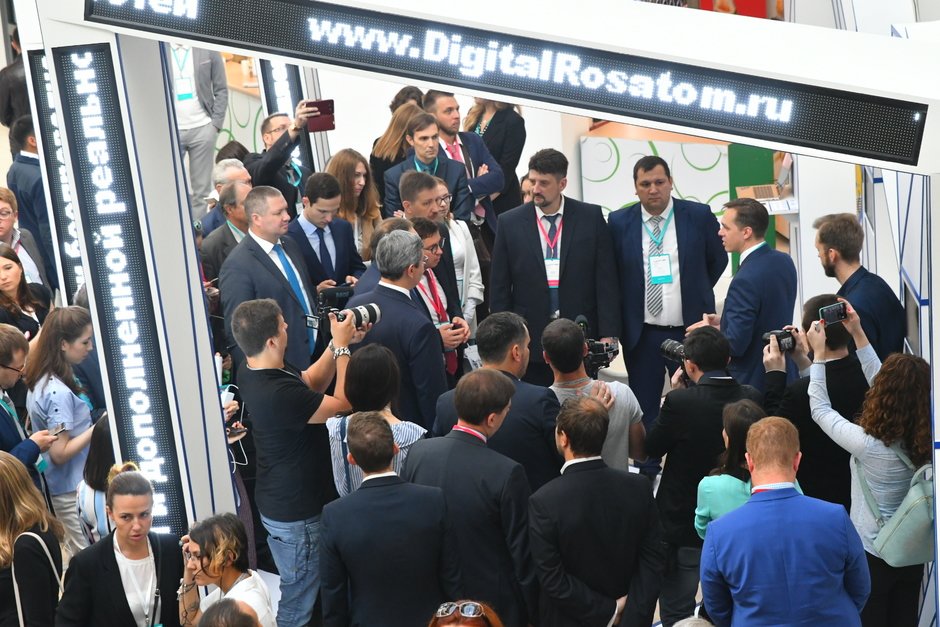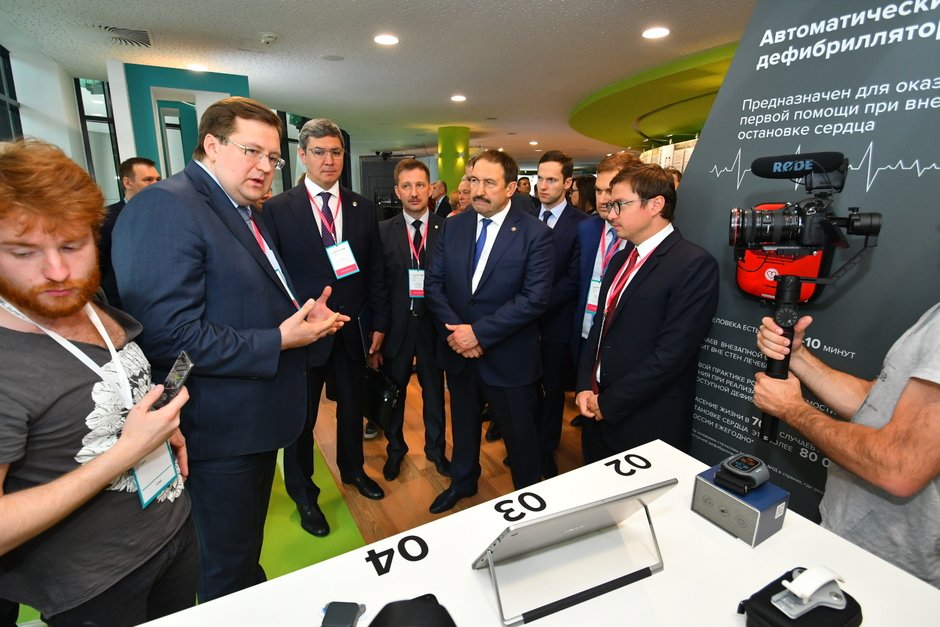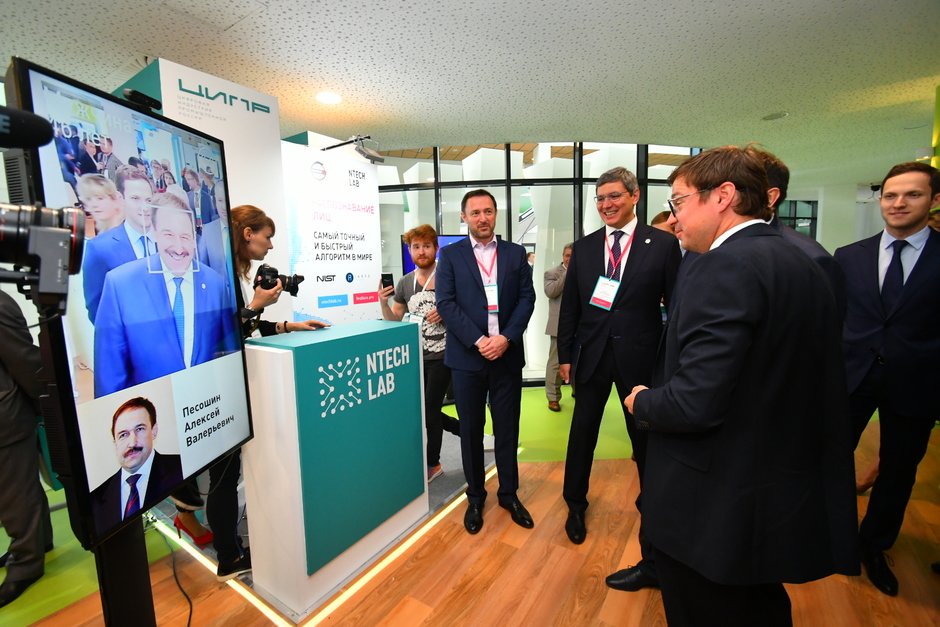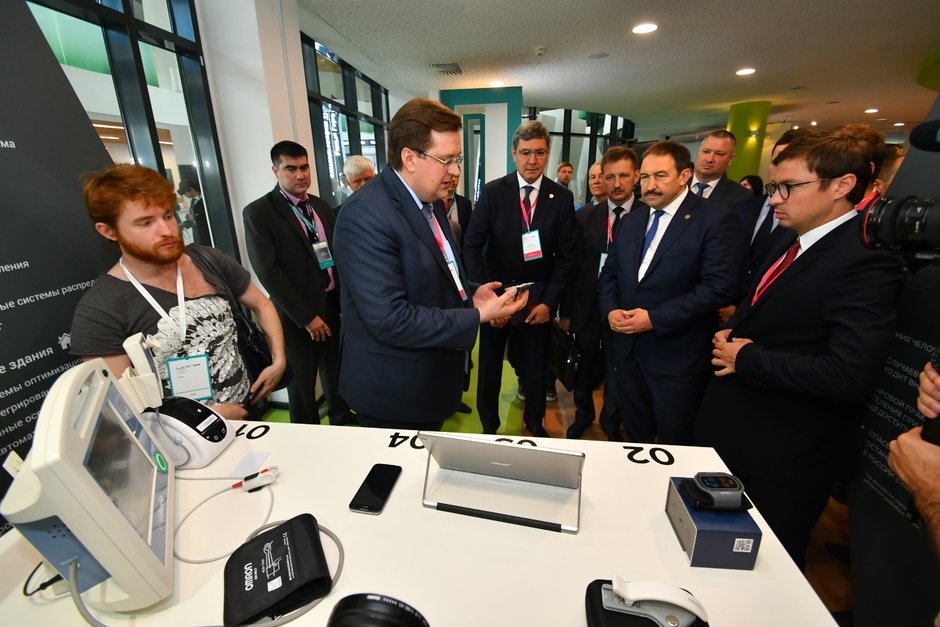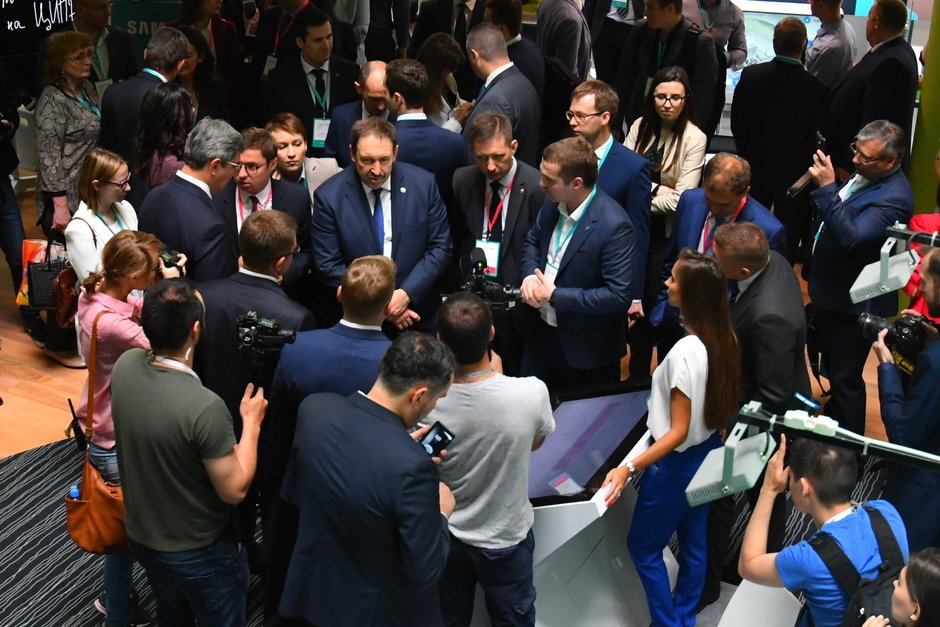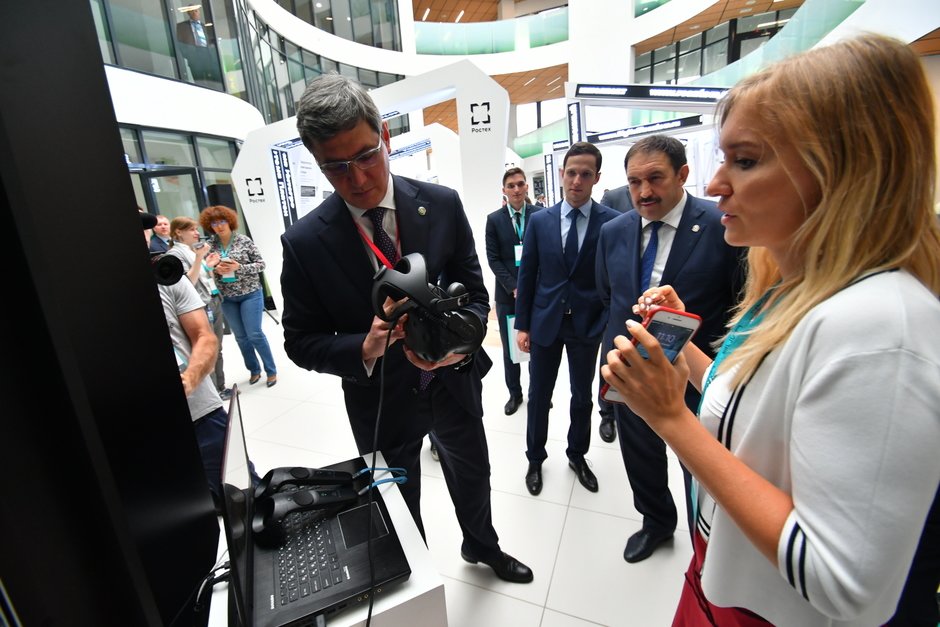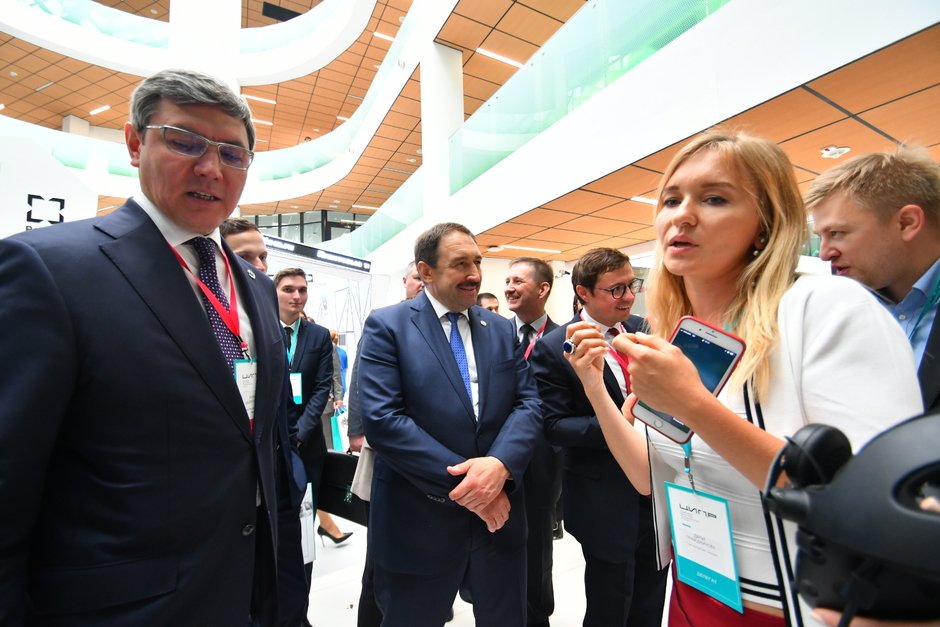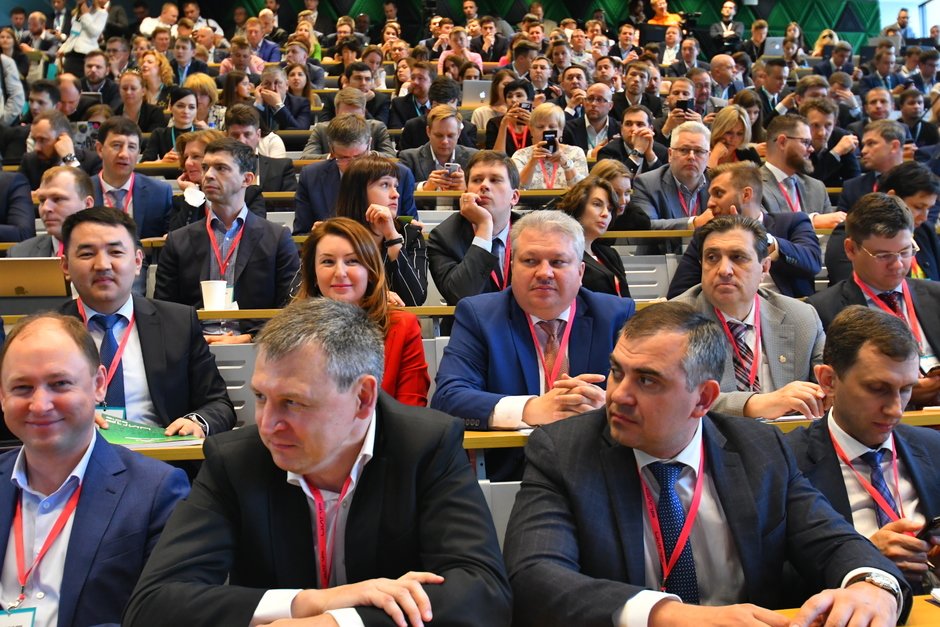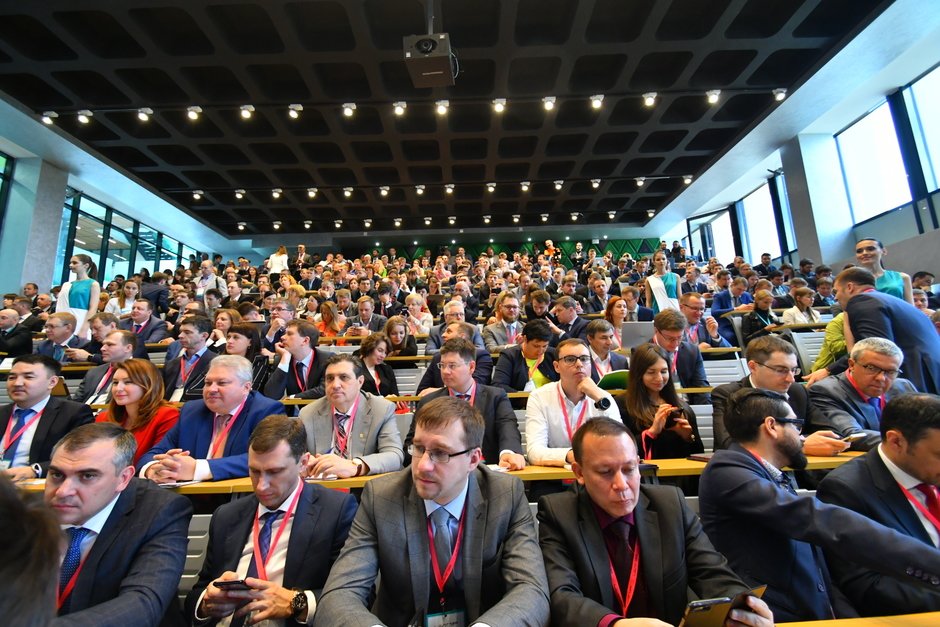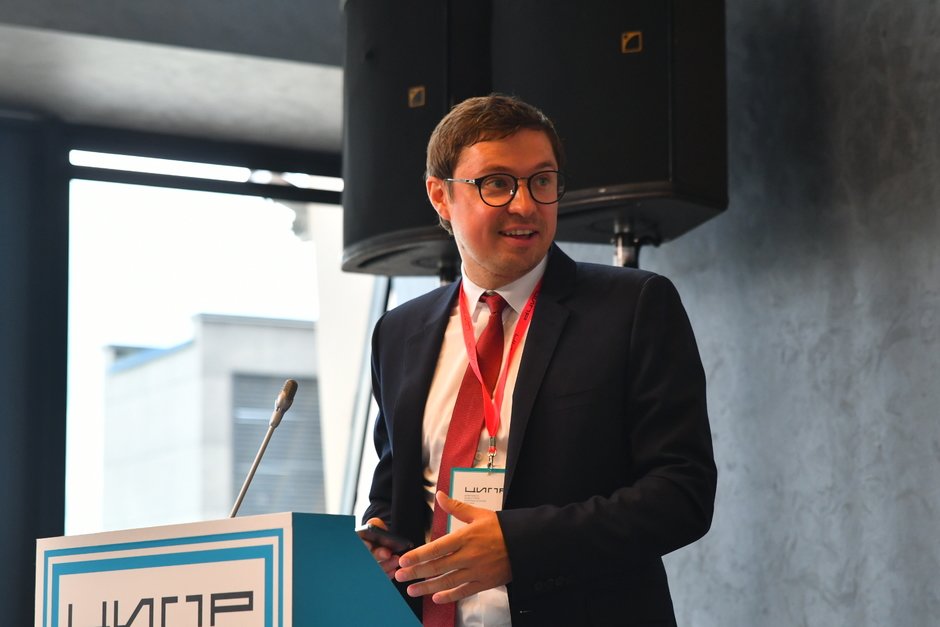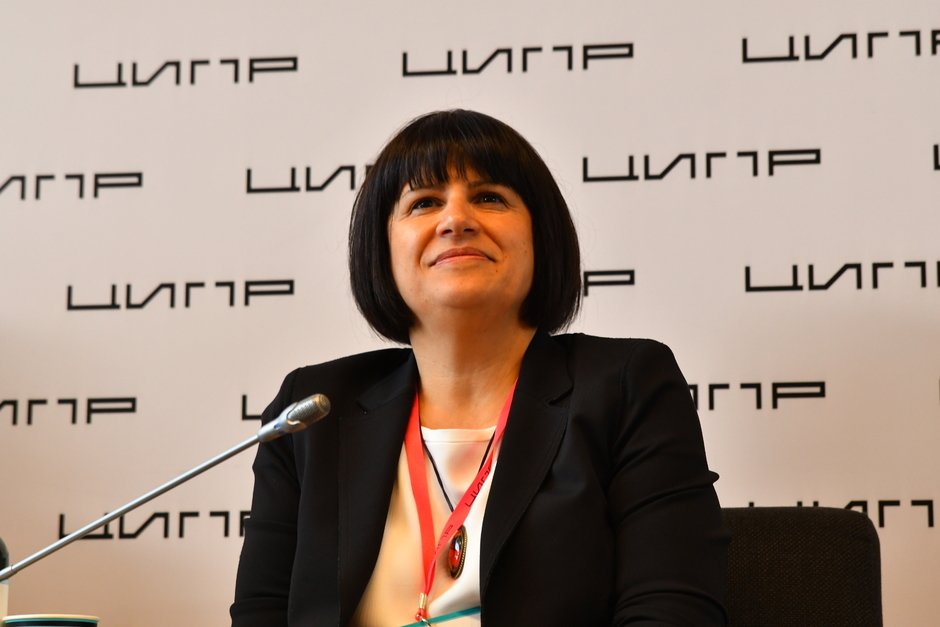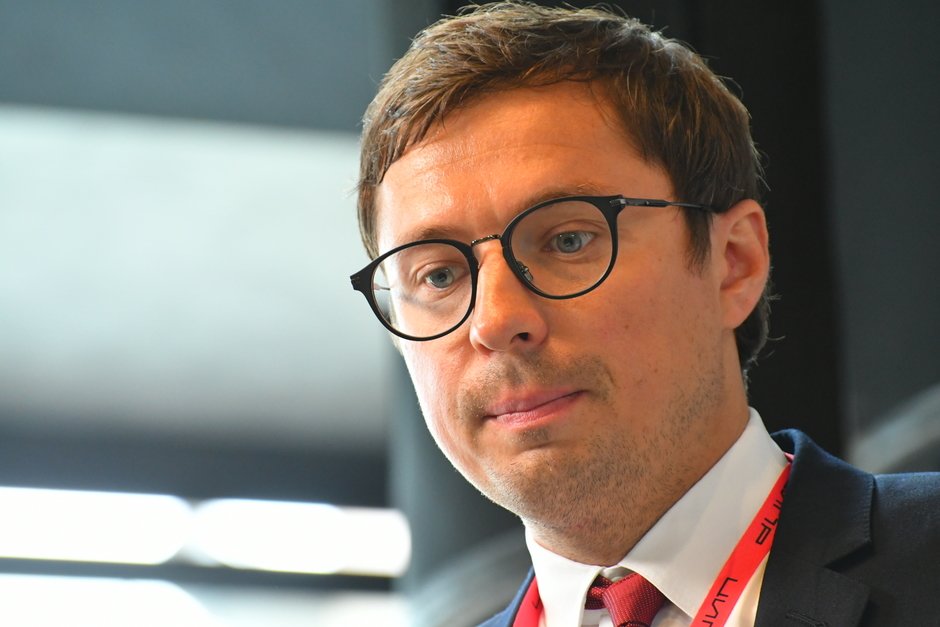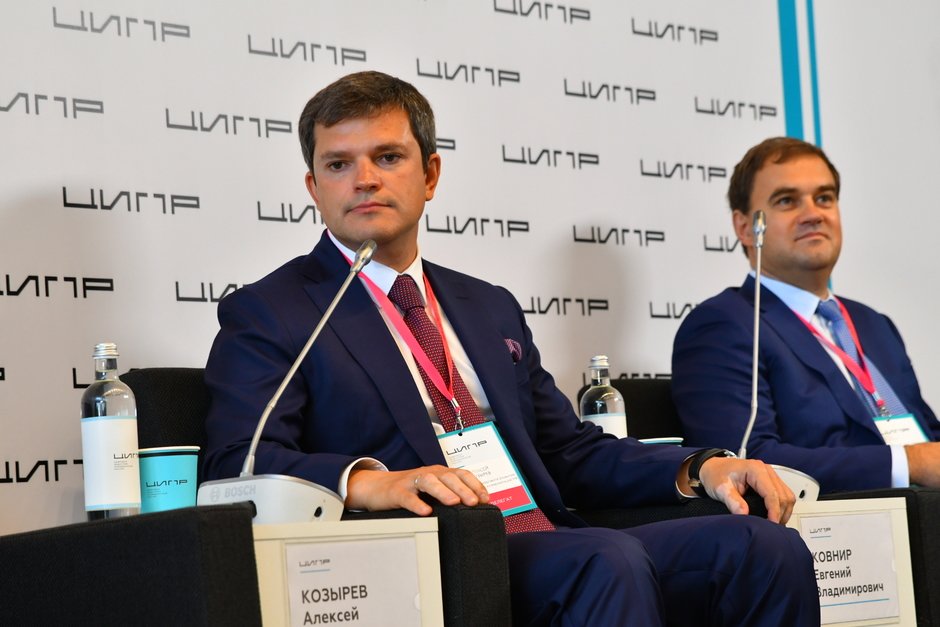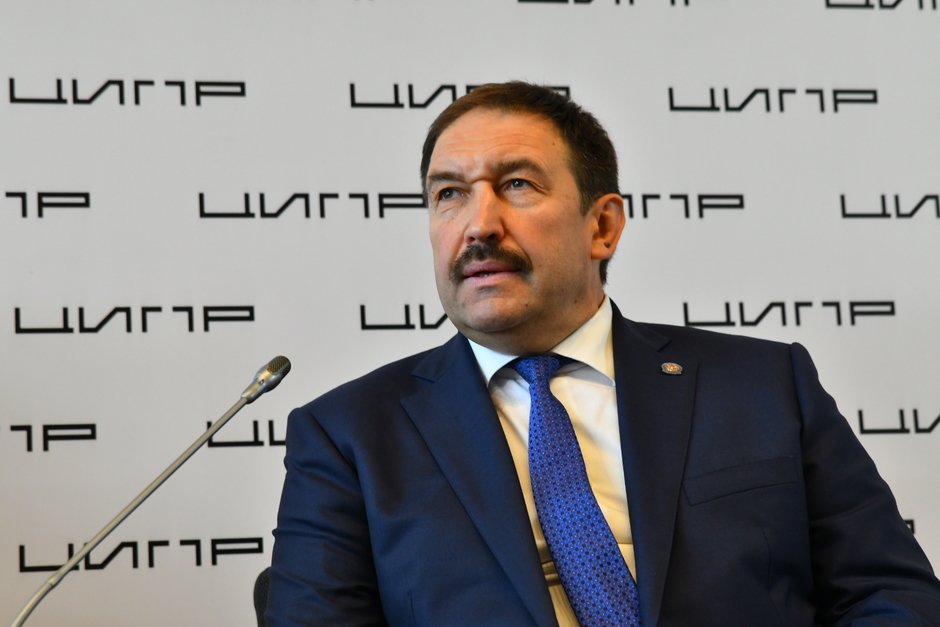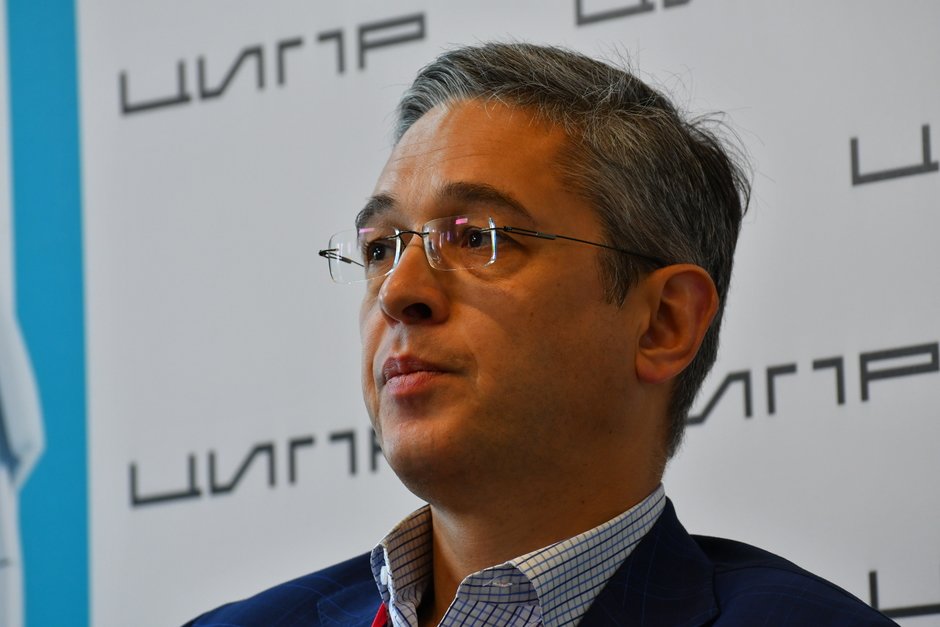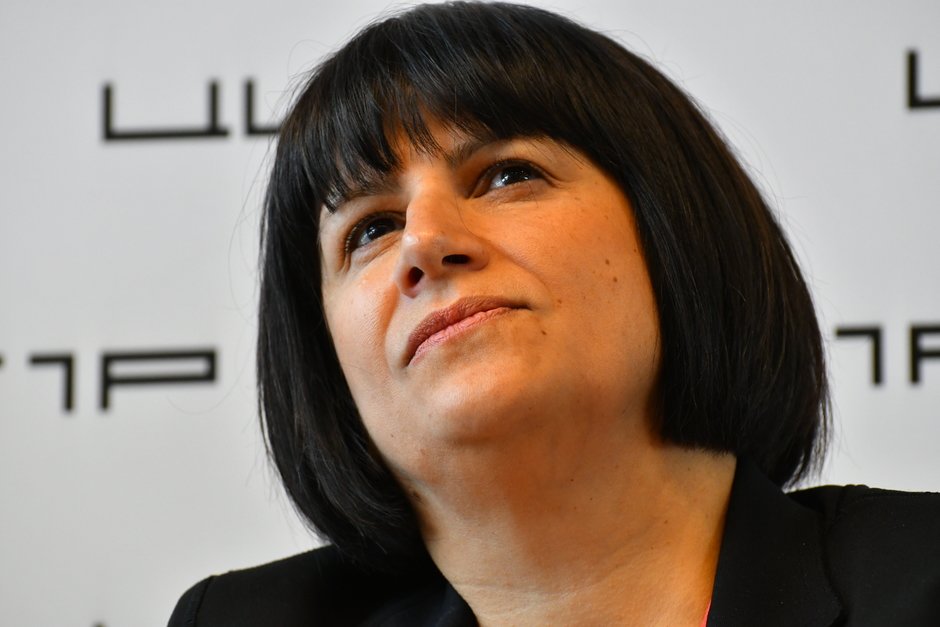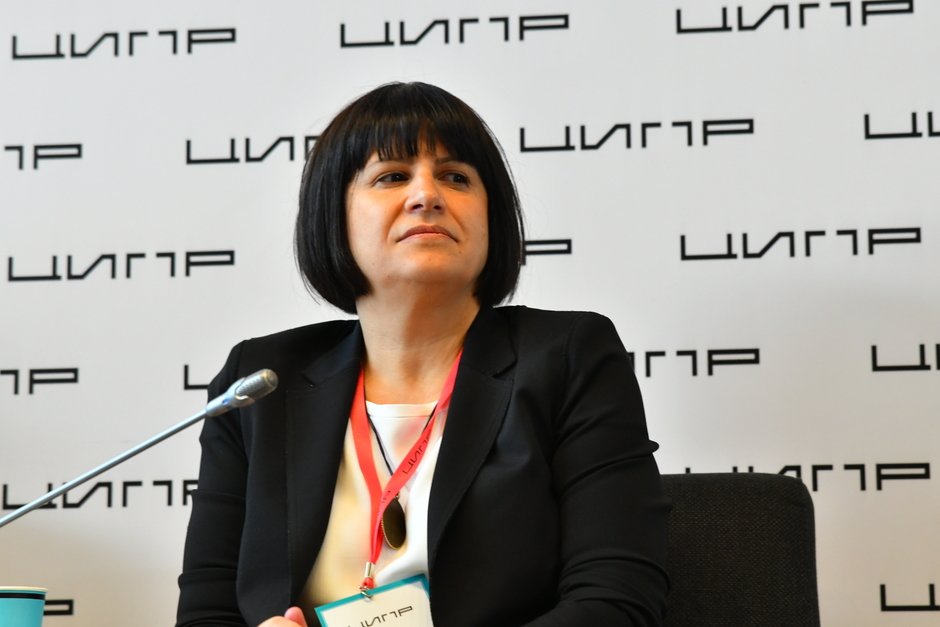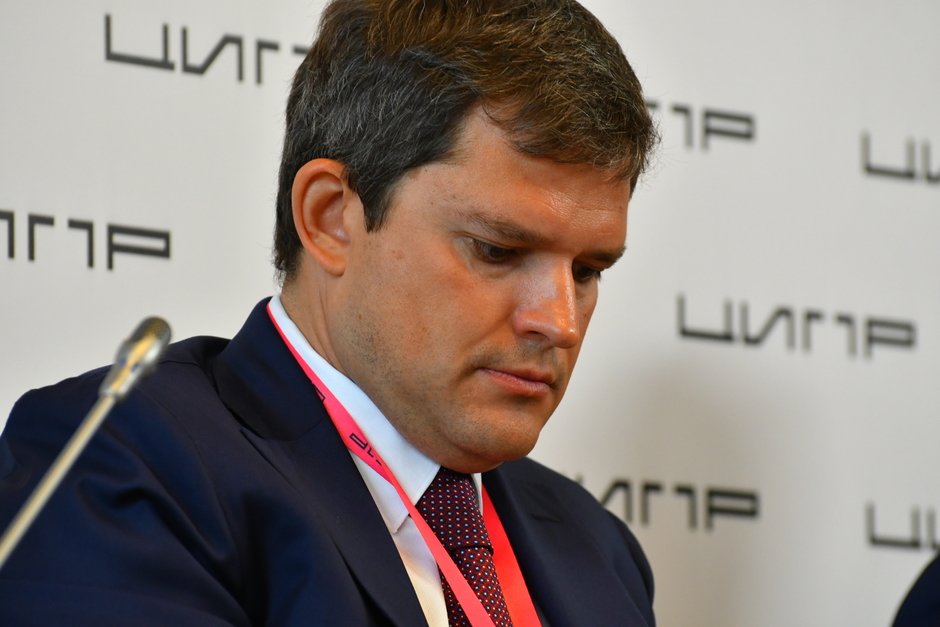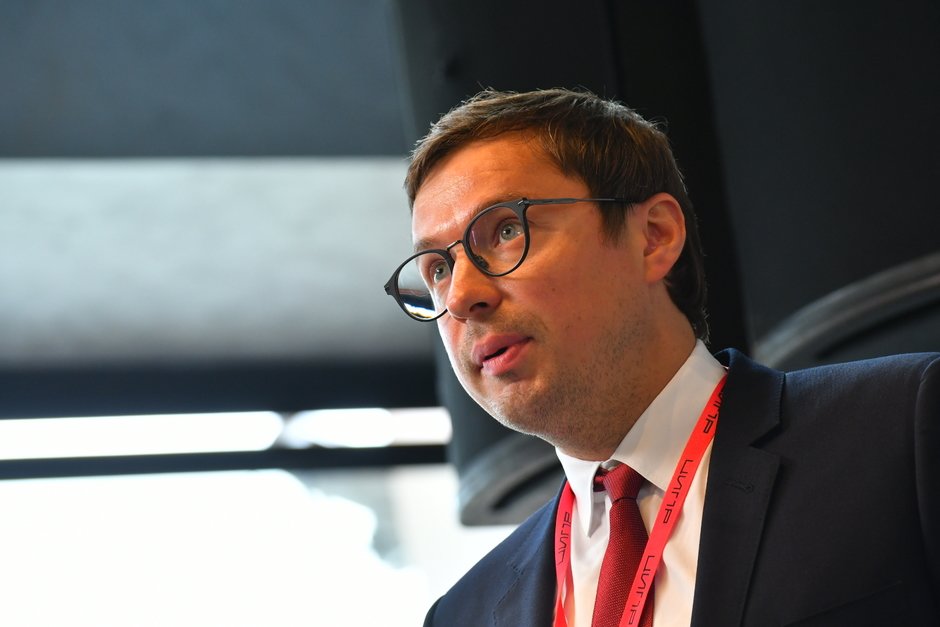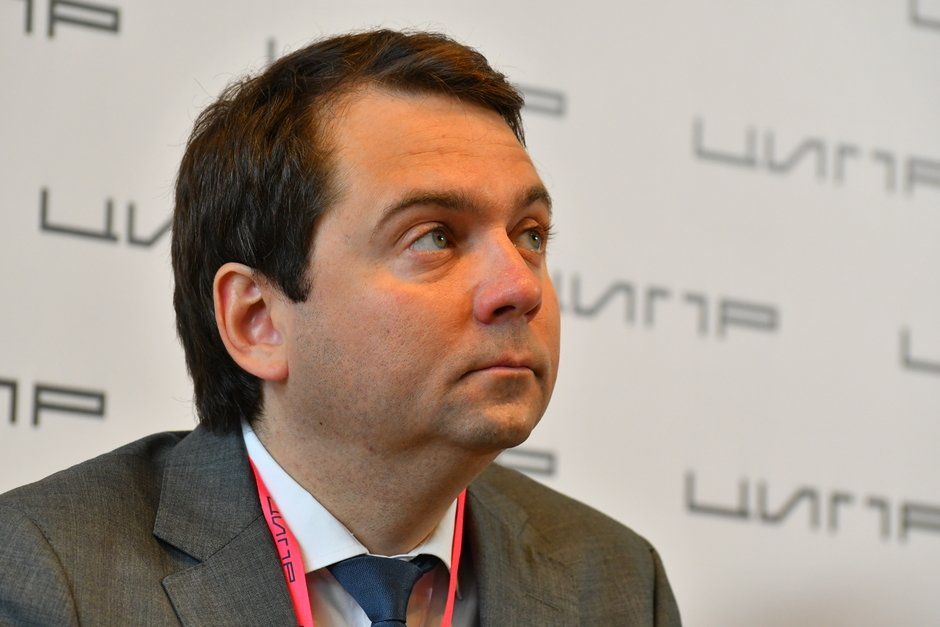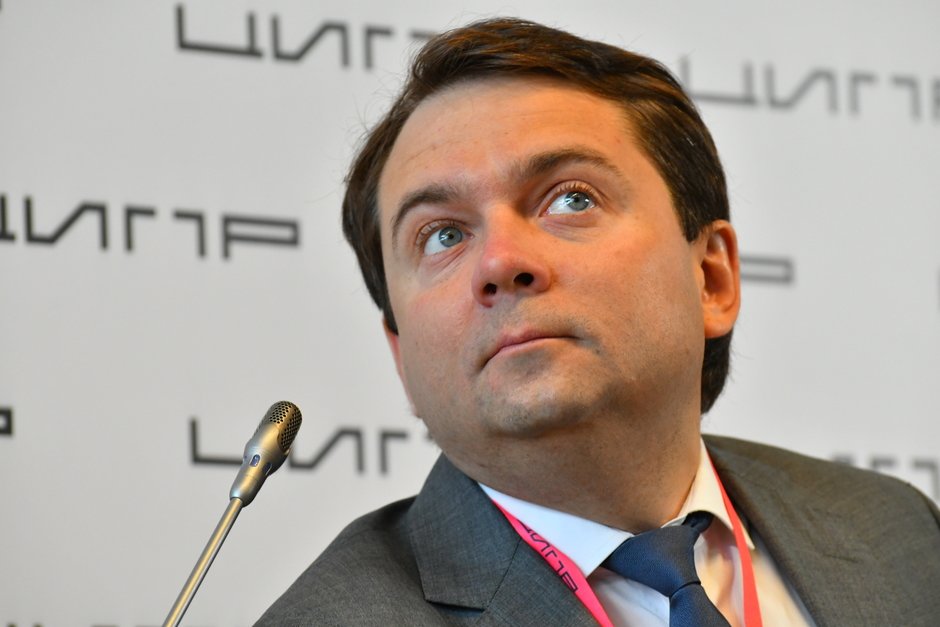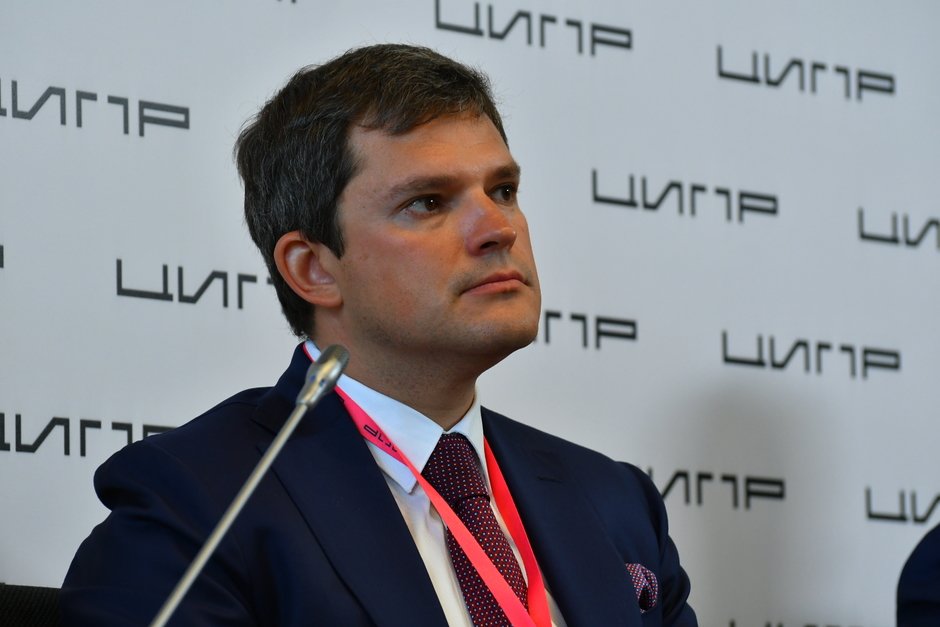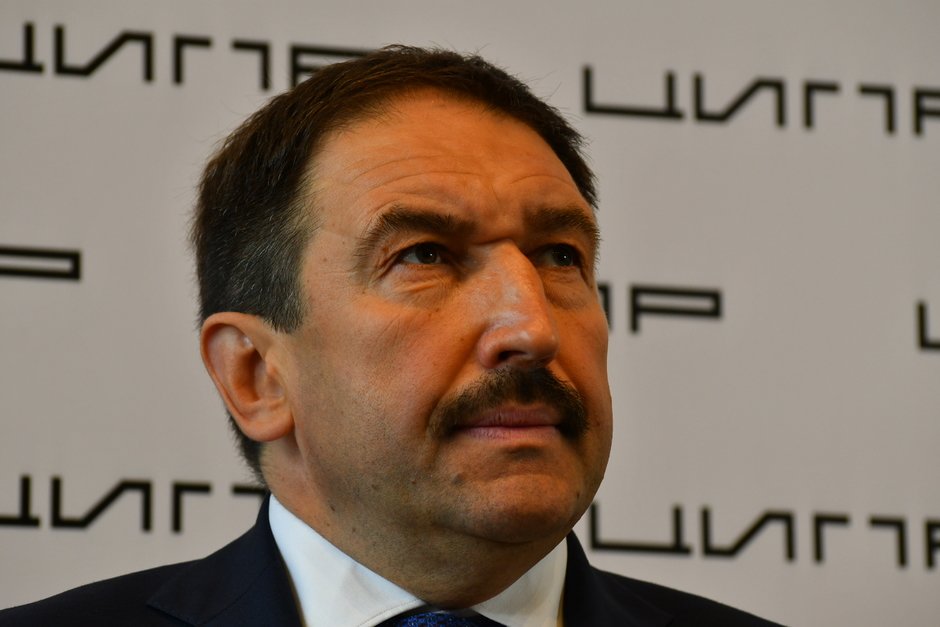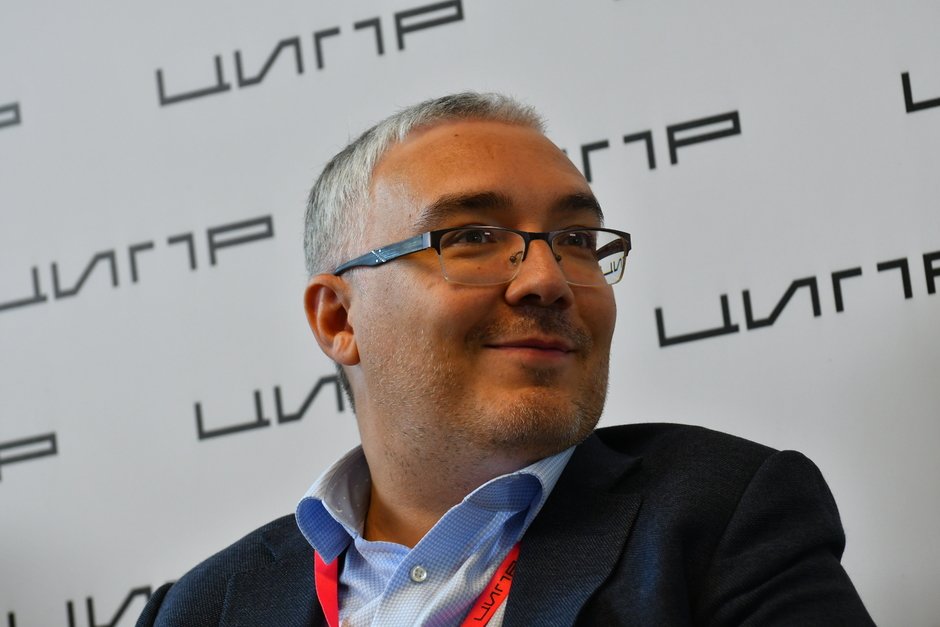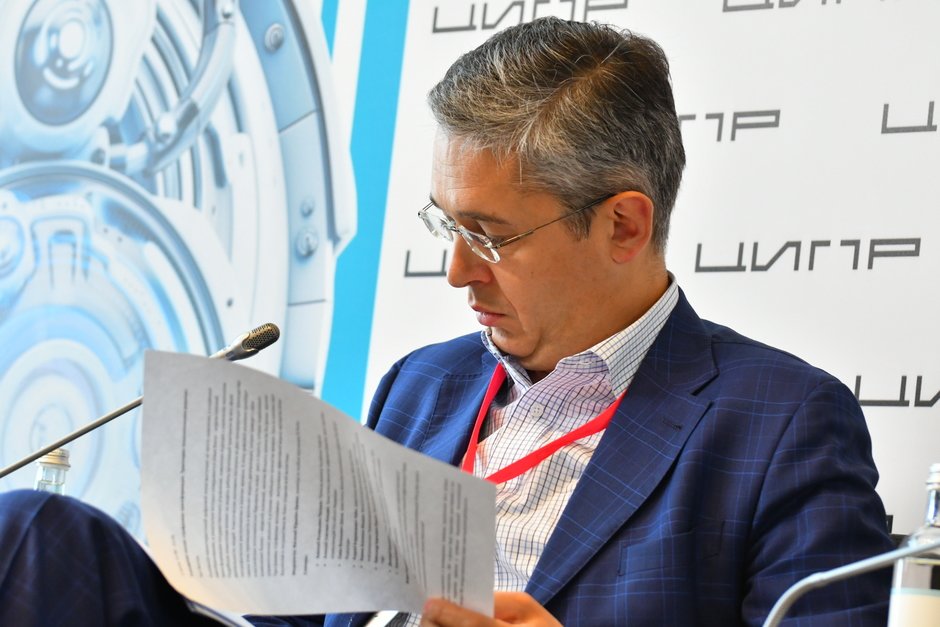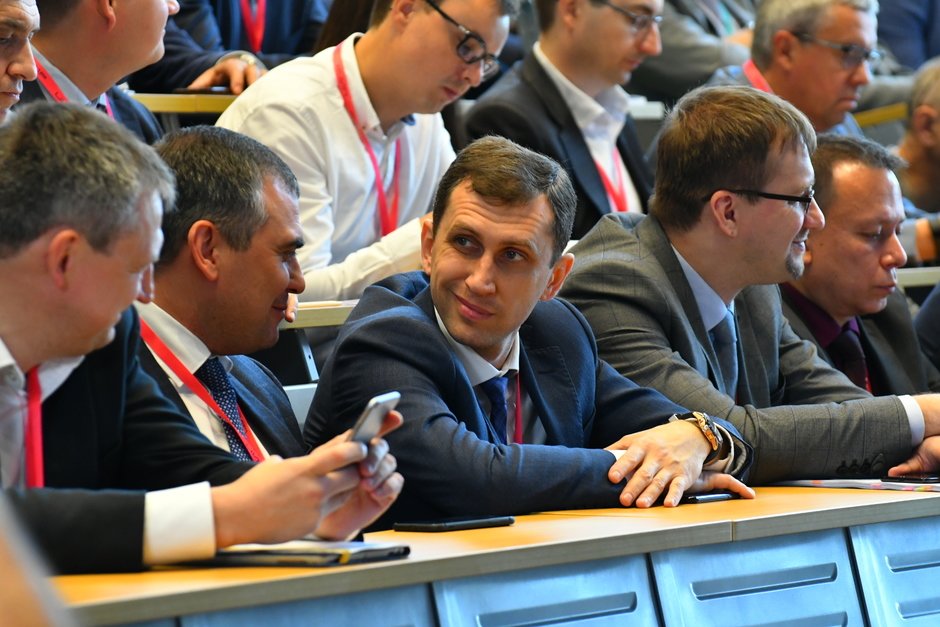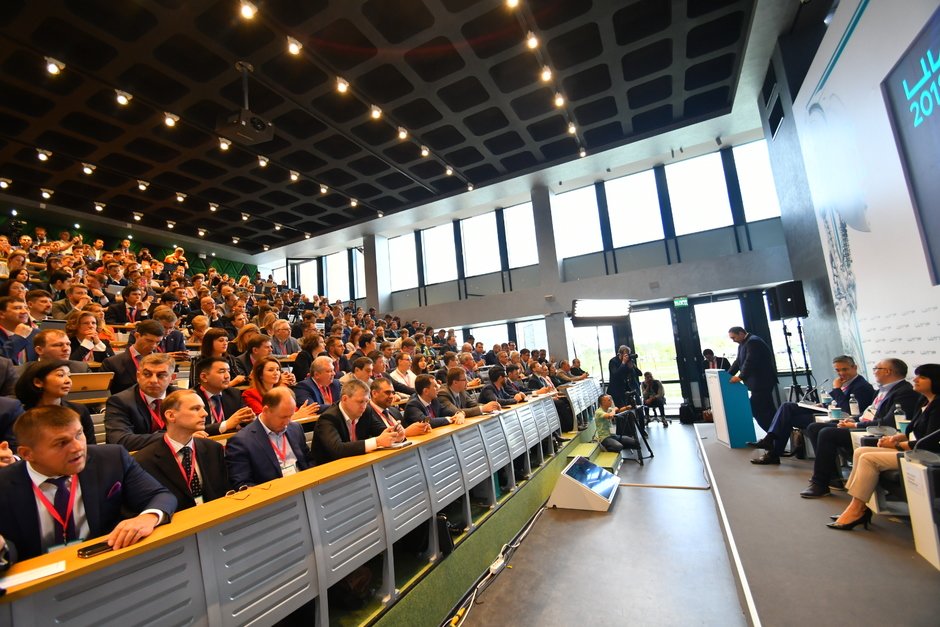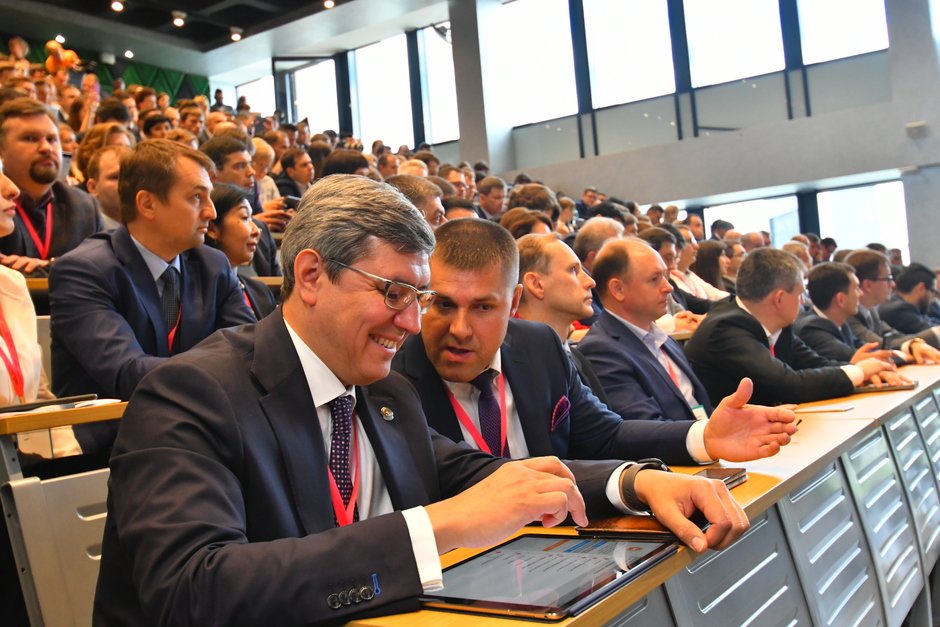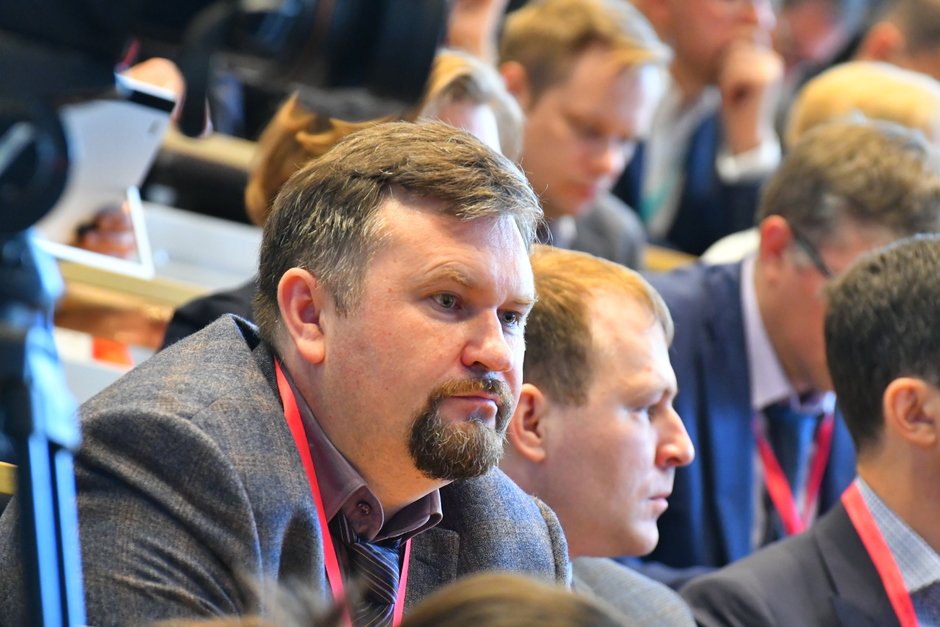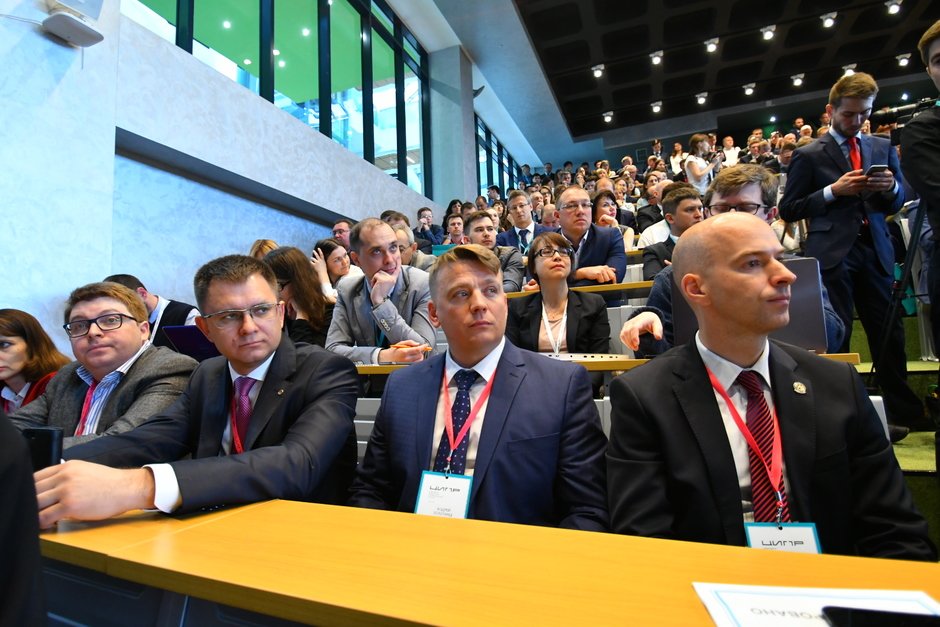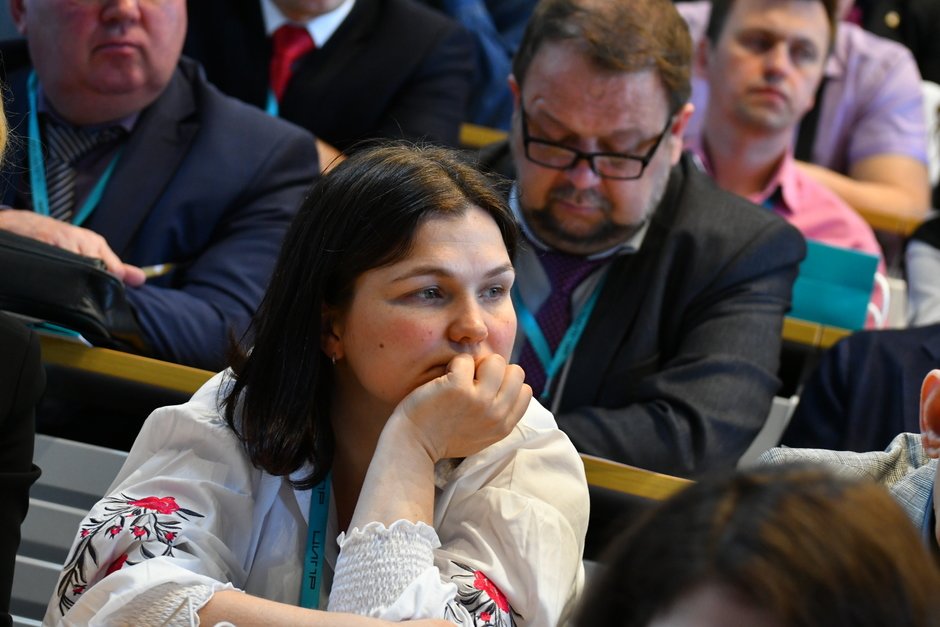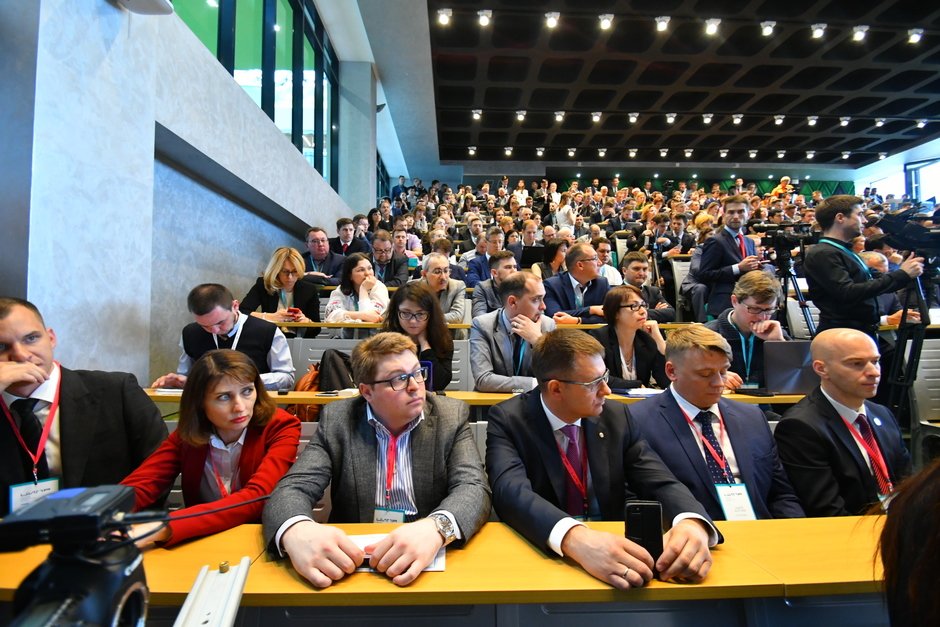Digital twins and state informatization on the principle of Minecraft game
The future of the digital economy of Russia has been discussed at CIPR 2018
Innopolis has hosted the forum Digital Industry of Industrial Russia (CIPR) for the third time. The forum is positioned as an inter-industry platform created for dialogue of industry representatives, ICT industry professionals, defence industry, investors and the state on most urgent and topical issues of digital economy, non-resource exports, conversion to defence industry and cyber security. The field editorial board of Realnoe Vremya is working on the field of Innopolis University, and our correspondent shares his impressions of the first day of the forum.
The forum of rich and influential state corporations
In Tatarstan, and even more in Innopolis, it is difficult to surprise someone with an IT conference, but the forum Digital Industry of Industrial Russia, or simply CIPR, has become a significant event already for the third time. There are enough reasons for this. Among the organizers of the big event there are not only relevant federal and regional state bodies, but also the richest state corporations — Rostec and Rosatom. Projects at the junction of information technology and industrial production are more interesting from the point of view of professionals, larger in terms of invested money, and most importantly, they go in the forefront of state policy, where the goal is to create digital economy in Russia. If now the digital economy is only 5% of GDP, it is planned to bring this figure to 10%.
In different formats and contexts, experts discussed the possibilities of big data, telemedicine, augmented reality, the relationship of science with practice, blockchain, cybersecurity and many other aspects of digital economy.
''I do not quite understand what the digital economy is''
The excitement around everything digital attracts attention to sites like CIPR, but it paradoxically prevents to understand what is about. As a consequence, the society has a fair suspicion that digitalization has no real significance, except budget spending. During the speeches, it was noticeable that the architects of the Russian digital economy themselves were tired of hype and high-profile goals.
''I do not quite understand what the digital economy is,'' director of the direction ''Young professionals'' at the Agency for Strategic Initiatives Dmitry Peskov began his speech. ''But I do know two simple things that indicate that we are moving forward. First, it is the data economy — that is, the number of businesses that are switching to the use of quality data in decision-making. Second, it is high-tech exports, including exports of digital products and services.''
According to Dmitry Peskov, these two indicators are the most difficult to simulate using statistical manipulations.
Alexey Kozyrev, the deputy minister of digital development, communications and mass communications of the Russian Federation, tried to explain with clear examples what the digital economy is:
''The programme for the creation of digital economy and the action plan are documents in the genre of bureaucratic text, which does not always allow to form a picture. Now I would like to take this opportunity to share my vision of what our world will look like in 5 and 10 years.
Today is a momentous day. June 6, 1984 is the date when the game Tetris appeared, it was created by a Russian programmer and became popular all over the world. Just as that time they began to play and create games, today virtual reality is one of the most interesting areas of digital technology. When we play games, we create a virtual character. In fact, we are talking about our digital twin, who in the game world has a number of data in the profile and the ability to do something in the electronic world.
Imagine that you have a digital twin who lives in the state information system and who, just like in the game, can pass different quests for you. The control over this character can be obtained only with the help of one key — biometrics. The electronic character, in order to be able to set tasks in the electronic world, should, like you in the real world, sign documents and verify the results of transactions. Individuals and legal entities should have such characters,'' said Aleksey Kozyrev.
Kozyrev compared the principle of action of digital twins in the state system with the popular among children and adolescents game Minecraft, where you make different objects from materials at hand. In the future, a car or house that a person buys will correspond to a digital copy, the data for the formation of which will be taken from a variety of information resources. Blockchain provides the opportunity to collect such data from distributed storage.
''Safety should be measured not by number of cameras, but by number of children who can get to school independently''
Russian cities are the ''experimental platform'' on which the digital economy is formed in a natural way and with the support of the state. That is why city management was paid much attention at the plenary session and the whole panel discussion ''Smart city. Life built on data'' with the participation of minister of information and communication Roman Shaykhutdinov and mayor of Innopolis Ruslan Shagaleev was dedicated to this issue. The main speaker on this topic was Andrey Chibis, the deputy minister of construction and housing of the Russian Federation.
Chibis identified two challenges the modern urbanization faces. First, it is tough competition for human capital, and first of all, for people who do not care where to produce the product. Who can live and work anywhere in the world. Second, the limited urban infrastructure, which was created in the Soviet era for industrial cities, and now it does not correspond not only to the future, but even to the present.
The concept of Smart City allows to respond to these challenges, which Andrey Chibis formulated as follows: the city oriented at people at the expense of digitization and regulations. These principles formed the basis of the national project ''Comfortable urban environment'', which has been implemented since 2017. Like by many other aspects of the digital economy, much depends on the metrics, by which the results are measured. Andrey Chibis has his own special opinion on this:
''The main topic in European metrics is technologization. That is, the equipment with sensors. We suggest that the safety of urban environment is not measured by the number of cameras, but by the number of children who get to school on their own. We also measure security with this metrics, and the presence of normal sidewalks and crossings across the street. It is absolutely other level of care for the citizens,'' the deputy minister told.
Lower profit rates for the sake of investments in human resources
A discussion about personnel hunger is a mandatory point in the programme of any IT forum, and CIPR perfectly suited the format. Many tasks and projects come down the fact that there is not enough qualified specialists.
Director of the direction ''Young professionals'' at the Agency for Strategic Initiatives Dmitry Peskov announced an unexpected formula for overcoming the personnel shortage. Peskov considers a reduction of profit rates by business owners working in digital economy the most optimal means of investments in human capital. Companies should invest in human resources themselves, not shift this responsibility to the state. Accordingly, they should be ready to reduce the marginality.
Peskov cited Sberbank as an example of the company making a revolution in the training of IT personnel. There is an educational programme on the French franchise ''School 42'', where anyone can learn programming. The training period is from 1,5 to 4 years. The training is free of charge and without teachers with the help of artificial algorithms. During the day participants solve practical problems. No formal diploma or status is granted as a result of such training, but the knowledge gained is highly valued in the market.


